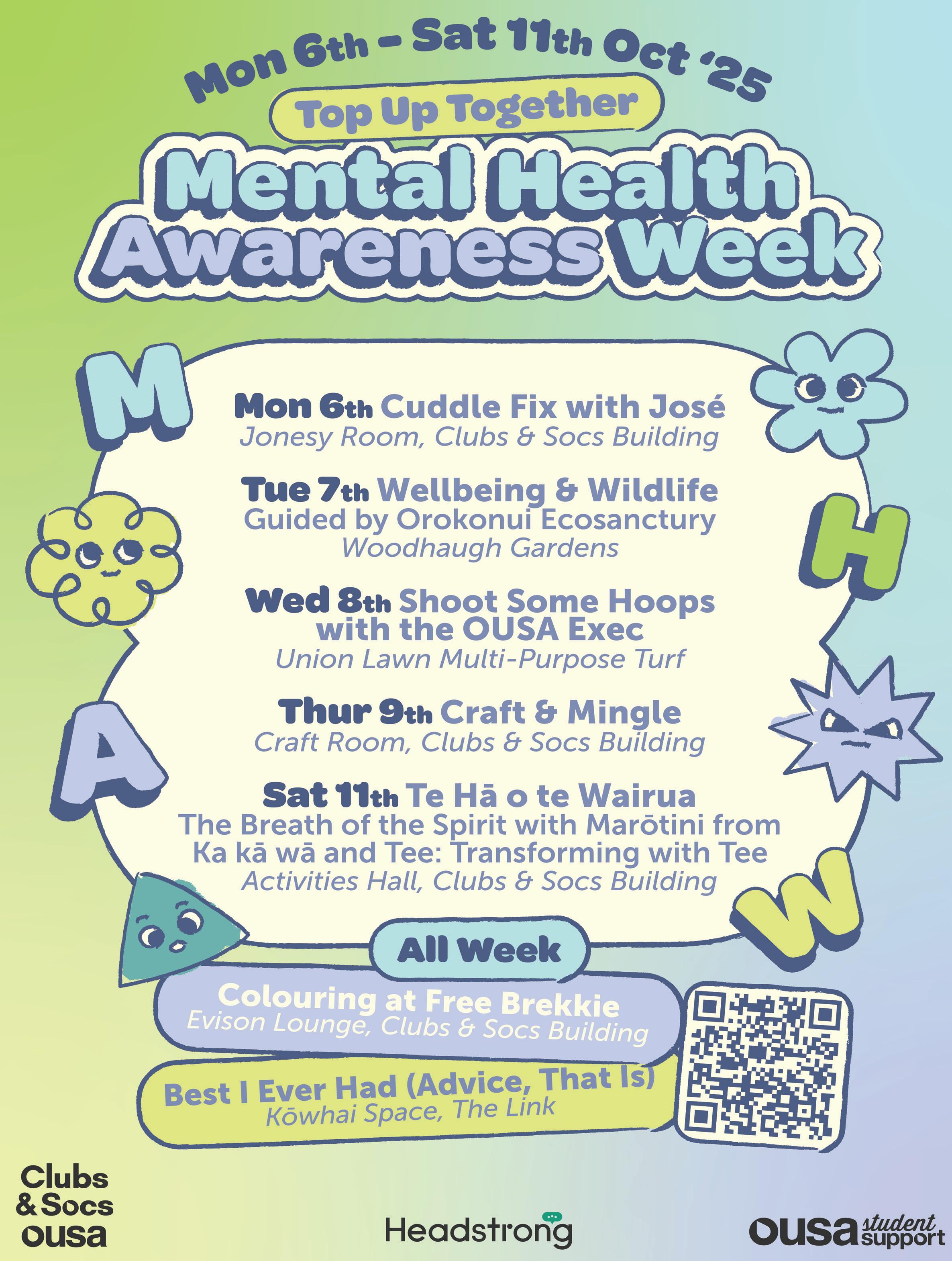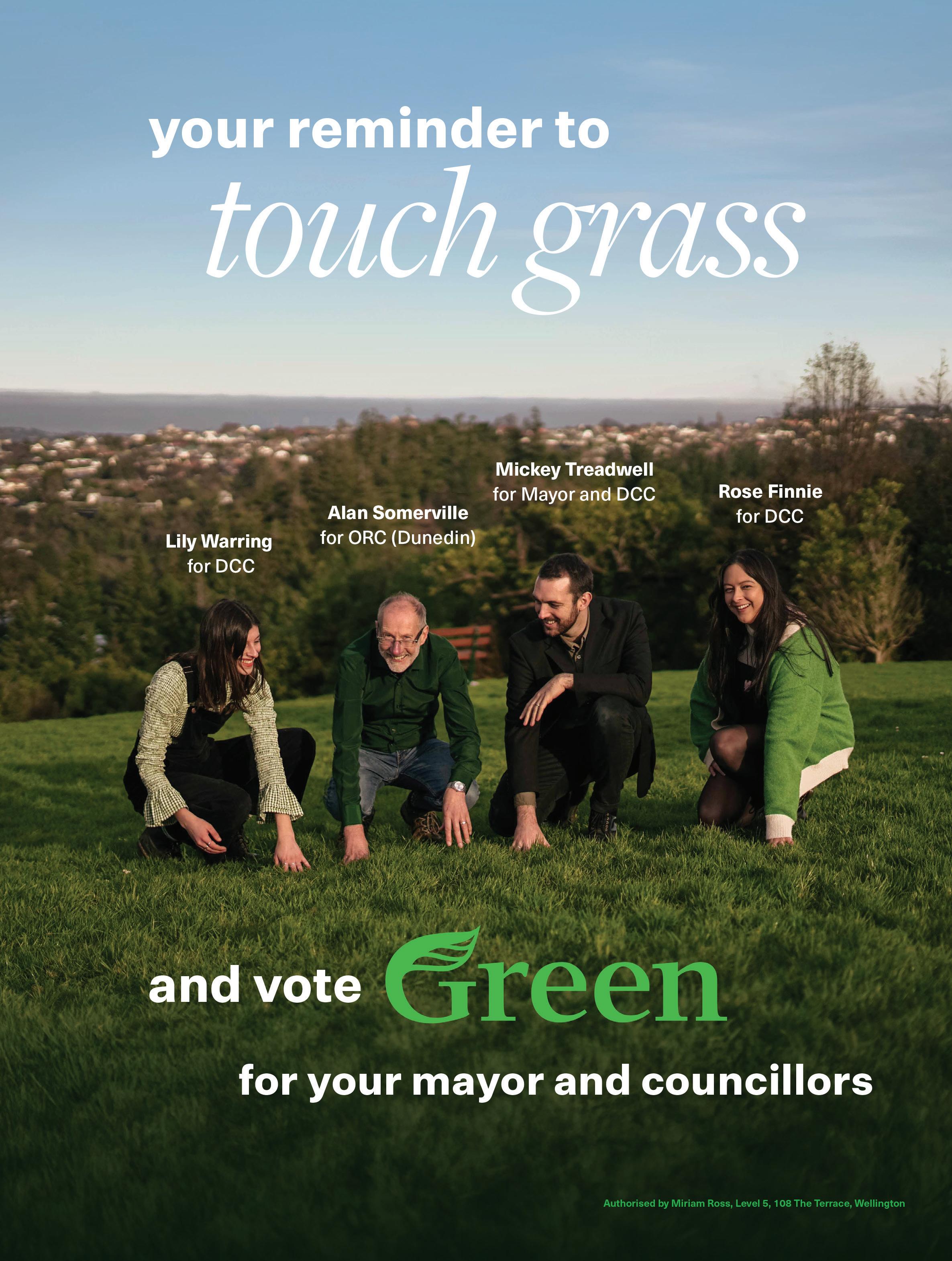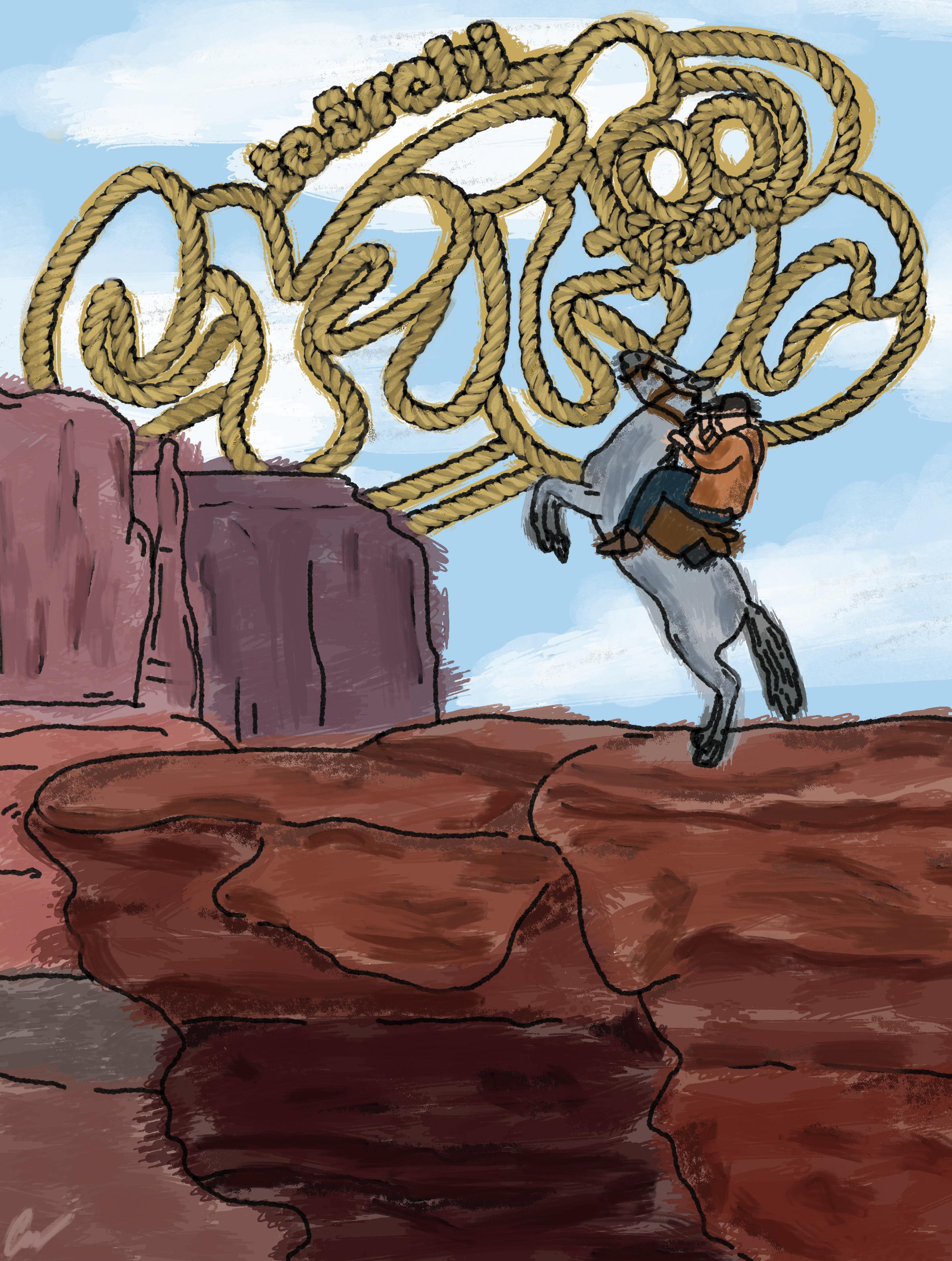

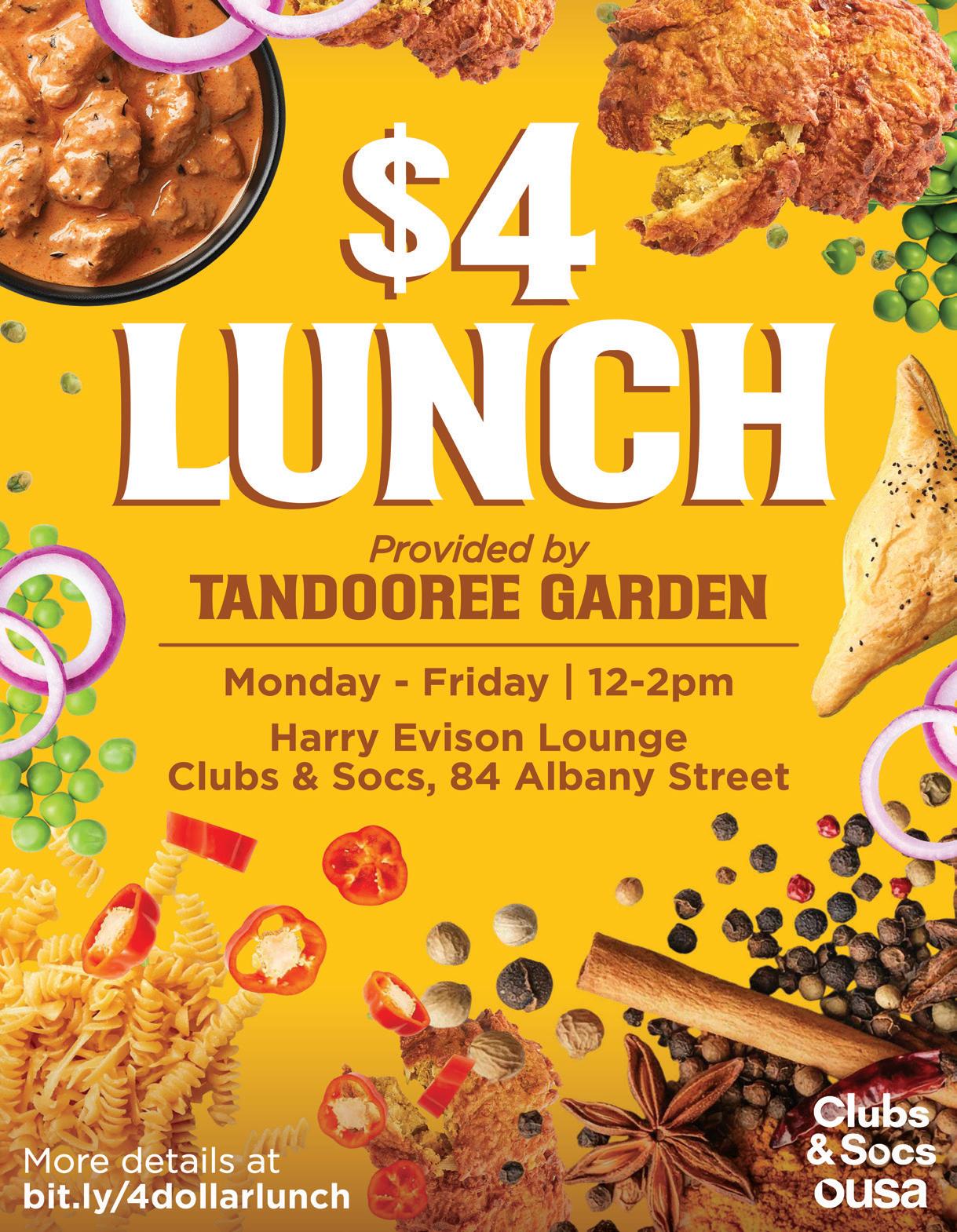


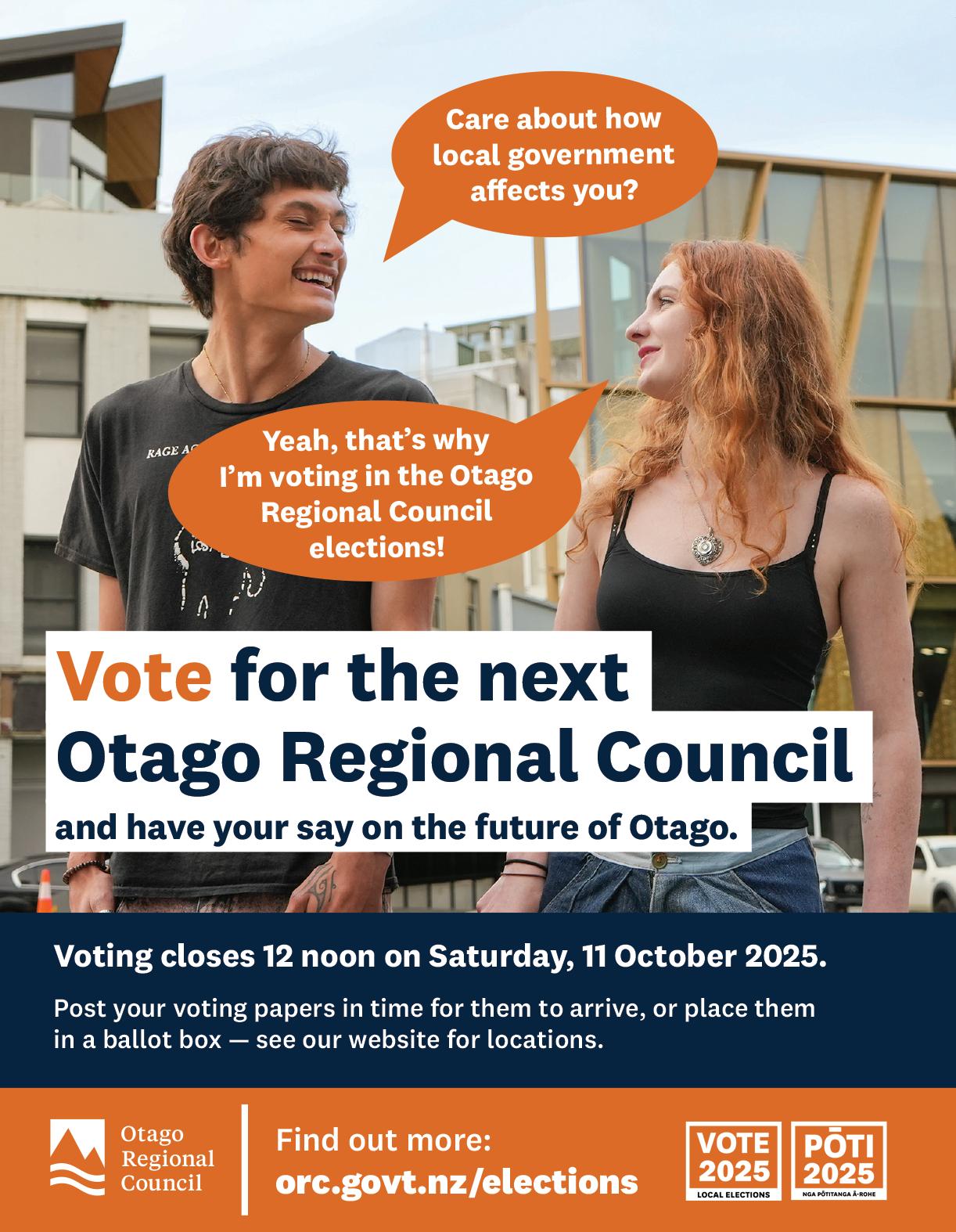









It was Fat Bear Week last week. As the newly elected OUSA Exec for 2026 cheersed to a successful campaign period and the marvel that is Canva premium, I was reading the profiles of 11 chunky bears from bed with a tear in my eye – of gunk from the conjunctivitis I’d contracted, but you know. Counts. As a graduate, I couldn’t vote in the Exec elections. But I could vote for this.
Fat Bear Week is America’s version of Bird of the Year, coincidentally taking place at the same time. Every year, rangers at Alaska’s Katmai National Park & Preserve keep track of the brown bears who live there, returning to the Brooks River for the salmon run in autumn. Their sole goal is to pack on the pounds in order to survive winter hibernation. A decade ago, rangers began Fat Bear Week, selecting a list of contending “chonkers” (the only time I’ll accept millennial speak) in a March Madness-style bracket.
The brain behind it all is Mike Fitz. It was Mike who originally set-up live cameras in the park in 2012 as a park ranger to give others around the globe the chance to observe the wildlife he’d grown to love. In an interview with National Geographic, he said, “I got to see animals with different personalities and dispositions, and different ways of making a living. I started to interpret those stories to the general public, and found that the public really engaged with the stories.” And he was right – 1.4 million people voted in Fat Bear Week last year.
Reading the bears’ profiles, I could see what Mike meant. Each had their own character quirks and stories of resilience. I quickly became invested in the story of 32 Chunk (his actual name) who had a broken jaw, but he adapted, remaining as one of the largest bears at Brooks River. Grazer was the first mother bear to win the title in 2024. The gentle 503 challenged the stereotype of males as aggressive loners, with an uncanny ability to get along with other bears. 602 was known for his “peculiar stomping dance” he did when “his excitement level appears to be high”. 856 is known for licking his lips when feasting on salmon.
Switching to the live camera, I was amazed at how many bears there were in one frame. It was straight from the scenes of Brother Bear. I watched a bear splashing around the river, using its full body weight to repeatedly pounce on a salmon, then quickly devour it – prompting a pang of sympathy for the shredded fish. Other bears were parked up above the falls, watching the water closely. The cam cut to a close up of a light brown, fluffy cub snacking on a
salmon’s pink flesh. I immediately sent a link to the groupchat of friends who’d just been comforting one whose relationship had ended. You can’t be sad watching Fat Bear Week.
The same goes for everyone reading this. It’s been a big year on campus. For students, wading through the thicket of the cost of living crisis to get your degrees and try to have a good time doing it. For the Exec, battling through bureaucratic bullshit to deliver for students, then descending into infighting over a complex international issue and how to practically and morally address it. For Critic, reporting accurately and fairly on a whirlwind of events.
At the tailend of it all, you just want to watch bears get as fat as possible on salmon and marvel at the simplicity of their purpose. When you get stuck in these wormholes, it can be easy to become consumed. Like falling into an algorithm of videos about Charlie Kirk or obsessing over student politician polls, your perspective becomes warped.
Then amongst the campaign posters for Exec positions on campus pinboards, you spot a campaign of a different kind, one that makes you smile. For 32 Chunk, “Putting the folds in this month’s centrefold: a softer side of chunk” and then “Grazer’s girth rules the earth”. How good.
Fat Bear Week has been my metaphorical touch grass moment. Voting ends September 30th, but it doesn’t end there. Explore.org is the world’s leading live nature cam network, with hundreds of live streams of wildlife from across the globe. Tune in if you’re feeling blue, are curious about the behaviour of pandas, or need a reminder that life exists outside of humanity’s chaos. And definitely put Fat Bear Week in your calendar for next year.
NINA BROWN
Tenā kotou

I would like to apologise for my previous letter (Issue 23) regarding cuts to the executive budget. It is clear now that I misconstrued what I was told, and that at the same time was feeling very pessimistic about political affairs both within and without the university. I should have held my tongue on this one, and stuck to grumbling about candidates on my Radio 1 show (listen to Radio 1 it's free!). I thank the kind folk at Te Ārohi for their astute fact checking and clarification in this matter.
Ngā mihi, Lochlan Hanham
Editor’s response: Fair enough, Lochlan, glad that cleared things up. Agree with the Radio One plug, everyone go listen to it now (91FM)
Send letters to the editor to critic@critic.co.nz to be in to win a $25 UBS voucher.
Dear editor,
I have had it with people being fucking loud in the science library. I love the super quiet aura of science for studying, but I've noticed that lately, there have been some loud conversations, people being noisy and just general annoyance. I chose this library over the main one because I love the quiet surrounded by books. If someone wants to have a mega gossip session, go somewhere else!? like the main library (where everyone is already talking) or really anywhere else.
Sincerely, a fellow student who really enjoys a quiet place to study
Editor’s response: I get a lot of these but I understand the frustration – not everyone has noise-cancelling headphones, save the yaps for Auahi Ora

Letters should be 150 words or fewer. The deadline is Thursday at 5pm. Get them into Critic by emailing us at critic@critic.co.nz. Letters of a serious nature directly addressing a specific group or individual will not be published under a pseudonym, except in extraordinary circumstances as negotiated with the Editor. Critic Te Ārohi reserves the right to edit, abridge, or decline letters without explanation. Frequently published correspondents in particular may find their letters abridged or excluded. Defamatory or otherwise illegal material will not be printed. We don’t fix the spelling or grammar in letters. If a letter writer looks stupid, it’s because they are.
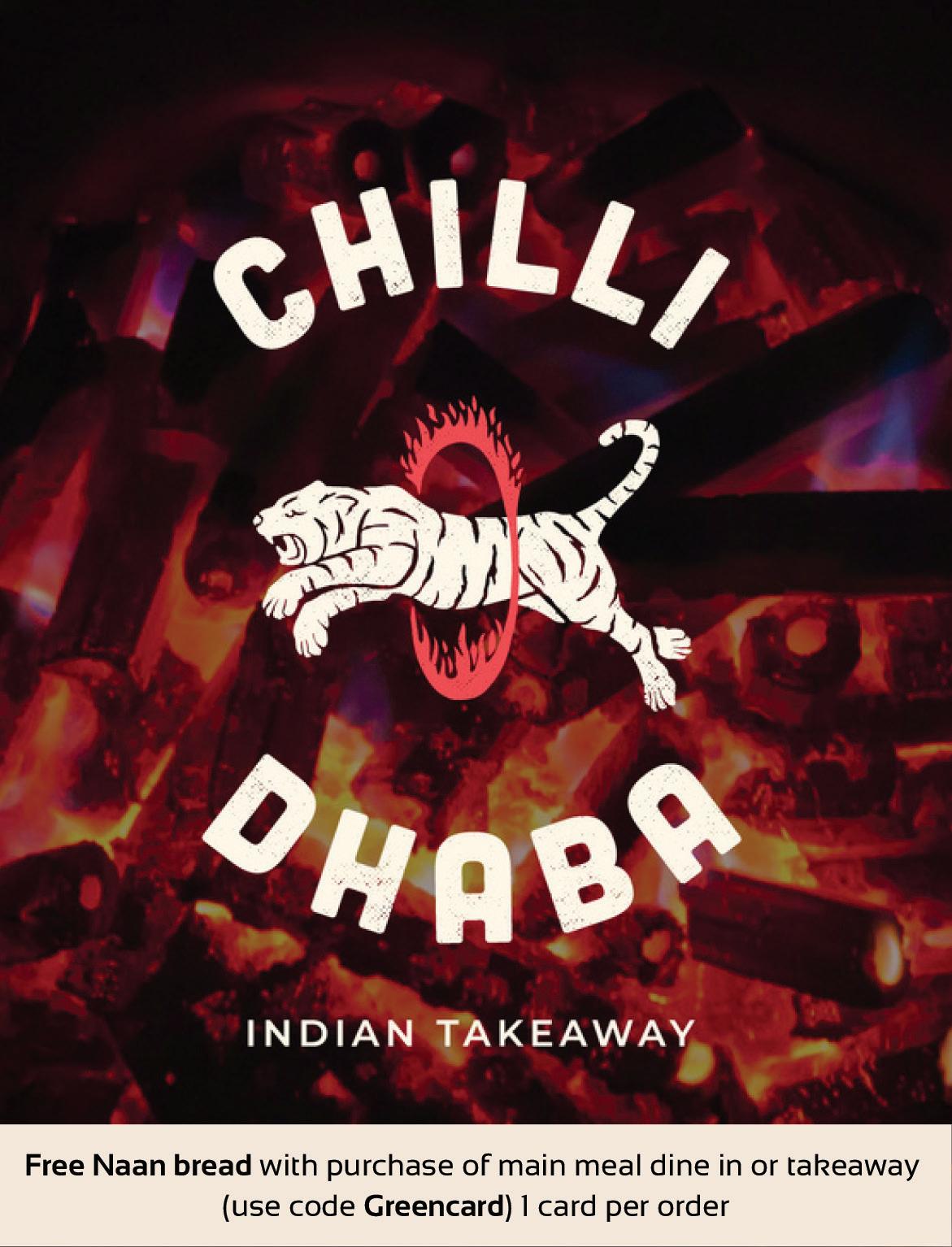
Top NZ musicians like Tiki Taane and The Bats are leaving Spotify behind following concerns over how creatives are treated and ethical investments. Over a dozen Kiwi bands have signed the Boycott Spotify NZ statement, RNZ reports
PPE are hosting pre’s before Pint Night this Wednesday, October 1st, at Emersons from 6-8pm. All welcome!
The 80th session of the United Nations General Assembly was held last week, with Foreign Affairs Minister Winston Peters in attendance on behalf of New Zealand
Police have seized more than 10 tonnes of cannabis in a series of Auckland raids across 120 properties, with an estimated worth of $50 million on the black market
Someone put a statue of Donald Trump and Jeffrey Epstein holding hands up at the National Mall in Washington in honour of “friendship month” last week, Shit You Should Care About reports
The Cosy Dell Creeper has been named by the ODT, admitting in the High Court last Tuesday to burglary and two counts of sexual violation by unlawful sexual connection
Students for Environmental Action Ōtepoti is hosting a stream health assessment event on Monday, September 29th from 10am-12pm. Meet at the Marsh Study Centre to explore the health of the Leith River with the Otago Regional Council and freshwater ecology experts.
A listening party for Taylor Swift’s new album ‘The Life of a Showgirl’ will be hosted this Friday, October 3rd at the Evison Lounge in OUSA Clubs and Socs at 3:30pm
A ‘Defend Our Public Service’ rally is being held this Saturday, October 4th to stand in solidarity with firefighters, teachers, nurses and all public sector workers. March starts at 12pm at the Otago Museum lawn, or meet at the Octagon at 1pm
Toitū Otago Settlers Museum and Our Food Network are celebrating the history of kai cultivation in Otago with a ‘Digging In!’ event this Sunday, October 5th. From 10-2pm, there’ll be family friendly activities and talks
The Otago Dancers are hosting an open call audition (16+) this Sunday, October 5th at the Edgar Centre from 3-5pm. Visit their website (otagodancers.com) or email (otagodancers@ hotmail.com) to learn more
The Dental for All roadshow is coming to Dunedin as part of a national tour talking about free, universal, Te Tiriti o Waitangi consistent oral healthcare. A community event will be held in the Evison Lounge on Monday, September 29th from 5:30-7:30pm
For All: Yarns with Tamatha Paul and Co. 8
Debate Team Says Scarfie Culture is Out 9
Confused for ‘SoundCloud Rapper’ 10
“I’m so glad this campaign is finally over,” says 2026 President Daniel
With the highest voter turnout in years, OUSA’s 2026 Executive Election concluded last Thursday. Just over 2300 votes were cast in a chaotic campaign period that saw a barrage of social media posts, chalking, and posters around campus. After snagging 52.45% of the votes, Daniel Leamy is your OUSA President for 2026*.
The most high-profile race of the Executive election was for President. Two current Executive members faced off to be the face and leadership of our students’ association: incumbent President Liam White and current Finance and Strategy Officer (FSO) Daniel Leamy. This was the first time the top dog position has been contested since 2022.
The face-off soon became larger than just the Presidential candidates alone. Both Daniel and Liam ran on tickets, a campaign strategy where candidates run together. Daniel campaigned alongside Sam Smith-Soppet, who ran for Administrative Vice-President. Shortly after this ticket was launched, Liam came forward with a ‘Progress, Not Cuts’ ticket, which ultimately fizzled out within a couple of days following revelations not all of the eight candidates had consented to be included. Despite this hiccup, Liam continued to campaign with other candidates such as FSO Troy Gibbons, cross-endorsing with others as well.
After a week of campaigning and a four-day voting period, the election results were announced in the close-to-packedout Main Common Room last Thursday – minus the studying students who scurried out. OUSA Secretary Donna Jones and Returning Officer Abby Bowmar took the stage to announce results, starting out with the ten hour role results and building up to the headline race. Small rounds of applause followed the announcement of each successful candidate.
To conclude was the moment everyone had been waiting for. With 1,208 votes (52.45% share), Daniel Leamy had just beaten Liam White’s 1,095 votes (47.65% share) – a margin of just 113 votes. The room erupted into celebration in what can only be described as a packed-out pub when the All Blacks score a winning try. Daniel’s flatmates were stoked, surrounding him with leaps and bounds like the teammates of the try scorer. Ever the sportsman, in a move worthy of a Fair Play Award, Daniel walked over to Liam to shake hands, rounding off a mammoth campaign season.
Liam told Critic Te Ārohi the next day that he was incredibly proud of how close he’d become to a second term as President. “I’ll pat myself on the back and say I ran my favourite of all my campaigns at OUSA – one that reached students, challenged them to demand more from their Executive and OUSA, and called them to think bigger,” he said. “This year has been a trial by fire: fronting scandal after scandal, fighting through controversy after controversy, and holding together a team that could have splintered at any moment.”
The soon to be outgoing President wished the next cohort of Execcies well. “I’m proud that next year’s Executive reflects the values and principles that make our association great,” he said. While the close result ultimately did not fall in his favour, his passion for OUSA has not been dampened, it seems. “I’ll still be around and no matter what this year has thrown at me, I still love Otago and OUSA. Kia kaha, and thank you to everyone that believed in me and the vision.”
By Gryffin Blockley News Editor // news@critic.co.nz
The victorious Daniel told Critic that he is “super stoked with the yesterday's [sic] result” (bit dusty there, mate). “Huge credit to all the candidates for putting themselves out there, everyone ran great campaigns [...] I can't wait to get stuck in and try to make a difference for Otago students. 2026 is going to be an awesome year.” For now, though, he said, “I'm so glad the campaign is finally over.” Hilariously, Daniel’s back-up plan in the event he lost, an exchange to Poland, has now been cancelled in the wake of his victory.
Beyond the tight Presidential race, nine other Executive members were also elected. In the Administrative Vice President race, under the single transferrable vote system, Tate Agnew was knocked out in the first round with 17.99% of the votes. Second choice votes were transferred to Sam Smith-Soppet and Kamesha Jones, prevailing in Kamesha securing 1,373 votes to Sam’s 889 – a 60.70% victory, scoring her the second-incommand role. While Daniel has been elected, he will not be working with his running-mate Sam.
FSO was won by Troy Gibbons, with 1,532 votes to Dominic’s 600. The other 20-hour Executive roles – Academic, and Welfare and Equity – were won respectively by Hansini Wijekoon and Rihana Warsame. Both scored a 62% share of the votes in their races. Afterwards, Rihana’s sole opponent for Welfare and Equity, Liam Melvin, quickly rebranded his campaign account on Instagram to @disabledrep4ousa – pushing to get disabled students a seat on the Executive (as voted in support by 54.9% of students in the semester one referendum).
For the ten hour roles, Zoe Eckhoff won the biggest majority (of the contested roles) with a 74.47% majority for Residential Representative. In a three-way race, Flynn Nisbett scored a razor-thin 50.8% majority, snagging the role of Political Representative over Harry Almey and Fergus Parks. Clubs and Societies Representative was won by Ella Mary Sangster, with 55.79% of the votes. The two uncontested roles, Postgraduate and International Student’s Representative, both beat out the no-confidence votes, going to Fergus Parks and Irfaan Ariffin respectively.
Elections for Te Rōpū Māori (TRM) were also held alongside the OUSA elections, where all the roles were uncontested. Tumuaki Takirua (Co-Presidents) sit alongside the OUSA Executive as ‘ex-officio’ members, with Sami Harrison and Jarna Flintoff taking on the role. Kaiwhakahaere Kaupapa (Events Officer) for 2026 will be Dannis Kristel, while Brady Simeon is the new Kaipāpāho Matua (Communications Officer). Rounding out the TRM elections for 2026 is Jacqueline Nankkivell as Āpiha Mātauranga (Education Officer) and Maioha Anae for Āpiha Ahurea (Cultural Officer). All TRM candidates were successful in beating their sole opponent: the no confidence vote.
As the dust settles on the election, the 2026 Executive can leverage increased student engagement to begin their work advocating for the tauira of Ōtākou Whakaihu Waka. Congratulations to all candidates for their hard work campaigning. And to the successful ones, Critic Te Ārohi will be watching next year.
*Please note that these are the provisional results, subject to change following the Returning Officer’s election report.
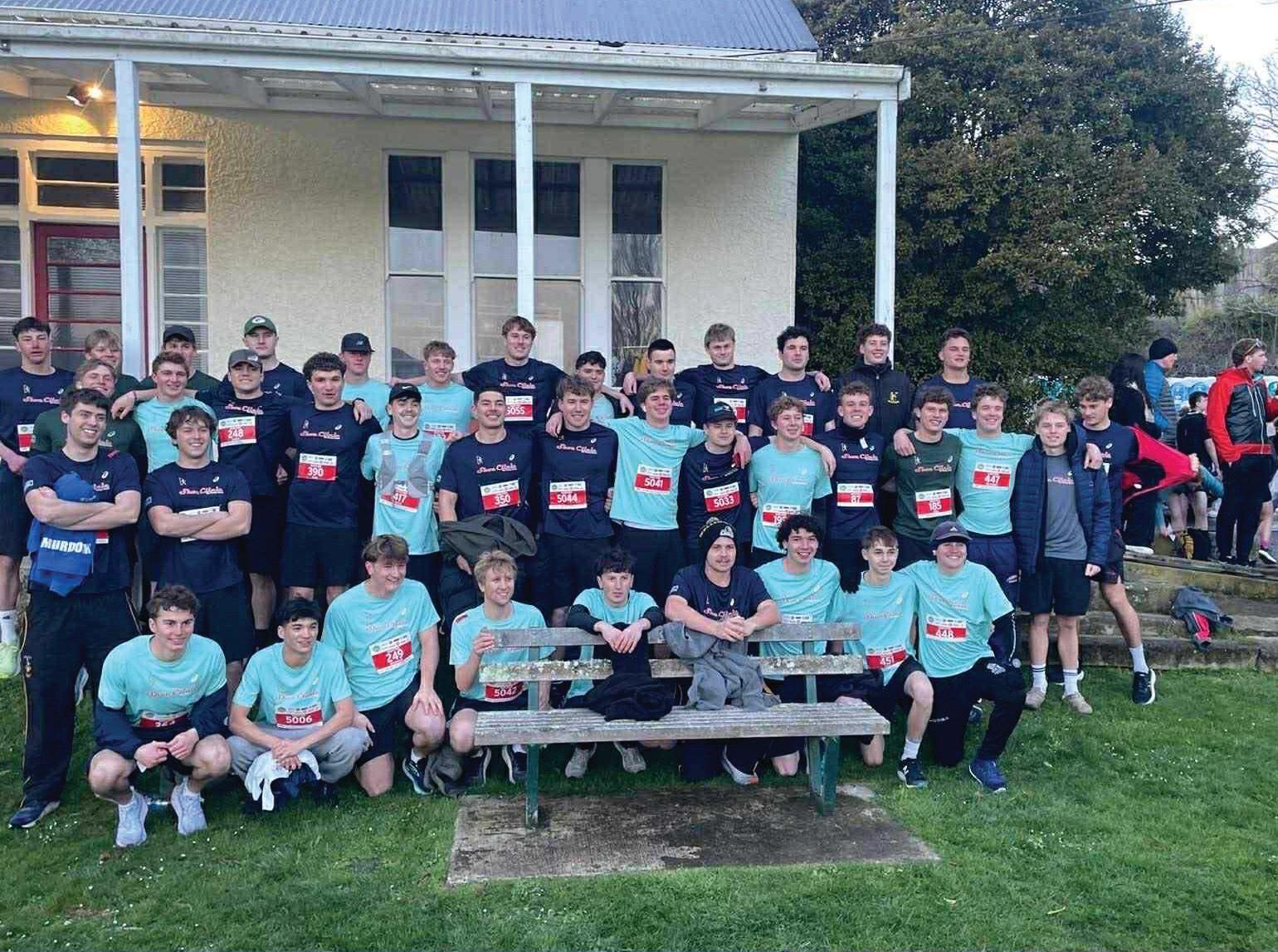
42k run and raised for mental health
The Heavy Breathers completed the Emerson’s Dunedin Marathon on the 14th of September. A marathon is a long way. Pretty tiring stuff. So tiring that they couldn’t be fucked being interviewed about it for this article. Fair enough.
The Heavy Breathers began in 2023: 33 boys who raised $100k to support men’s mental health through the charity Spark That Chat. This year, the group ballooned into fifty breathas, many of whom are the little brothers of the OG crew. They’d chosen Lads with Labels as their charity this time round. Critic Te Ārohi last spoke to the group in May at the beginning of their 18-week training period. Most hadn’t run a marathon before, but it was about more than that: bonding with the bros, and raising funds for a worthy cause – one especially felt among the “toughen up” Castle culture.
While Critic had envisaged interviewing the team to support this article, with alarming dexterity – and what some would say ‘a marathon effort’ – they have managed to avoid every interview opportunity, citing they are all pretty keen for a break from the admin. And like, fair enough. Critic considered chasing them down Castle Street for an interview, but reckoned the boys would outrun us and didn’t feel like facing that particular embarrassment. The only comments received were at a host and heard in an unprofessional context where both Critic and interviewee were extremely drunk and unable to remember the exact conversation.
This is the gist of it. Every Heavy Breather at the start line crossed that finish line, cheered by an army of supporters; friends, family, and the breathers who couldn’t run because of injury. The group’s initial fundraising goal was $10,000, saying in May that they were aiming a little higher. At the time of publication, their Givealittle page is almost at $42,000 – well surpassing their goal.
Back in May, a week into their training, Critic had also asked what
By Tilly Rumball-Smith Staff Writer // news@critic.co.nz
they’re going to do after the marathon. “I think everyone’s already thought about that,” they replied. One added, “When I’m running, that’s what’s in the back of my head.” They envisaged their families coming down to see them, their girlfriends, anyone else important to them. And a big host, of course, reminiscing about the healing power of beer their older brothers had experienced after their marathon. “It was so funny,” said one. “They had drinks when they couldn’t walk and then they got a bit drunk and could start walking again.”
An eagle-eyed Critic Te Ārohi had spotted a bunch of Heavy Breathers post marathon during the Biggie’s pizza eating competition. The boys were no different to their brothers. Each one staggered in, one after the other to Courtyard, two beers in each hand and hair wet (hopefully from a post 42km shower and not sweat). A few were late and did this odd sort of jog-hobble thing where each step got a grimace but conveyed a sense of urgency to see the competition.
There was a wholesome moment when about six of them climbed up on a big box to see better and gripped onto each other, swaying as one, as if to say, “If one breather’s legs give out, we’re all going down as a team.” That’s really all you need to see to show the marathon made the change these boys advocated for. While it spread awareness for a worthy cause, it also brought these boys together to support each other and their mental health. In that way, running the marathon as a team not only raised money for others, but also benefited themselves.
The money raised by the Heavy Breathers will be going to Lads Without Labels, a charity dedicated to improving men’s mental health. Campus-based support is available for University of Otago tauira struggling with their mental health. Free, same-day Mental Health and Wellbeing appointments can be booked in at Student Health by calling 03 479 8212, or hit up OUSA Student Support.
It’s the time of year when flatting is on the mind. Whether you’re sorting out next year's lease, continually tidying the communal spaces ahead of flat viewings, or frantically trying to assemble the perfect group to live – it’s top of the to-do list for many tauira. It was also the focus of an event the Green Party held in Dunedin last Tuesday: ‘Housing for all with Tamatha Paul’ (complete with free pizza and tea with on-brand green-topped milk). A panel of speakers discussed one of the key issues affecting New Zealanders: housing.
The first speaker was headliner and Greens Member of Parliament for Wellington Central, Tamatha Paul. She spoke of her own experience as someone who doesn’t own a home, one of few MPs to not. “It’s really important that we have people in Parliament who know what it’s like to rent. Who know what it’s like to move around every year. Who know what it’s like to accept housing that isn’t up to the standard of what you deserve or expect, but you take it anyway because there isn’t any other option,” she said.
Tamatha outlined a vision of public housing that first meets the needs of those without homes, but also goes beyond, providing homes for students and non-struggling families as well. She posed these questions: “How good would it be if students could live in public housing where their rent was capped at 25% of their income? How great would it be if young families could access public housing and be able to save for a mortgage?” This would require massive government investment in housing, though Tamatha sees this as an opportunity to provide some relief and certainty to our struggling construction industry. She argued that society must reframe houses from being investments to instead being actual places where people live.
Joining Tamatha to make up the panel was OUSA President Liam White, Otago Regional Council Candidate Alex King, and health practitioner Dr. Simonette Mallard. Liam spoke very briefly about the importance of housing and rental policy to students. King spoke next, focusing on their Toi Ora co-housing project, where he, as part of a group, created an intentional community up on High Street – kind of like a big flat group, but permanent, fancier (they have a sauna), and expensive (though apparently cheaper than buying a home individually).
Dr. Mallard spoke next on the role of housing in determining
By Via Hooks Contributor // news@critic.co.nz
health outcomes, with an estimated social cost of over $1 billion every year. “Annually we have about 6,300 hospitalisations due to dampness and mould, 1,500 injuries causing hospitalisation sustained in the home, over 600 hospitalisations caused by cold housing, and another 500 hospitalisations due to housing crowding. Every year we have about 230 deaths due to these kinds of conditions, and over half of these are likely due to damp and mould in housing.” Renters, Māori, and Pasifika are all groups more likely to be living in these kinds of unhealthy homes.
The key problem identified by the panel was inequality – not just between tenants and landlords, but also on a broader systemic level. Poor housing is not only representative of disadvantage, but also helps perpetuate that disadvantage. “It’s not an equal playing field,” said Liam, noting that, compared to landlords, tenants have basically no power, resources, or ability to act collectively. Meanwhile, landlords struggle to face any real consequences for poor practice. Another important aspect of the discussion was accessibility. 2% of our housing stock is accessible, a number far lower than Aotearoa’s disabled population. One point raised was that if anyone can live in an accessible house, surely accessible houses should just be standard.
After the talk, Critic Te Ārohi spoke with several of the attendees including Local Greens council candidate Lily Warring, Welfare and Equity Rep candidate Liam Melvin; and Mayoral candidates Flynn Nisvett of the Silly Hat Party and Ruthven Allimrac of the Radical Action Faction (a self-identified vampire who notably only turned up after the sun had gone down). Both Warring and Melvin related to their own poor experiences flatting as students in Dunedin and Wellington respectively, with Warring noting the particular importance of building and finding community. There was agreement between Allimrac and Nisvett that they believed that landlords, profit, and money were “the root of all evil”.
With Local Body Elections on the home stretch and a General Election on the cards for next year, there are plenty of candidates putting their hand up to try and make the system better. As housing remains a decisive issue for many Kiwis, there’s little doubt panels like these may be planting the seeds for change in the future.

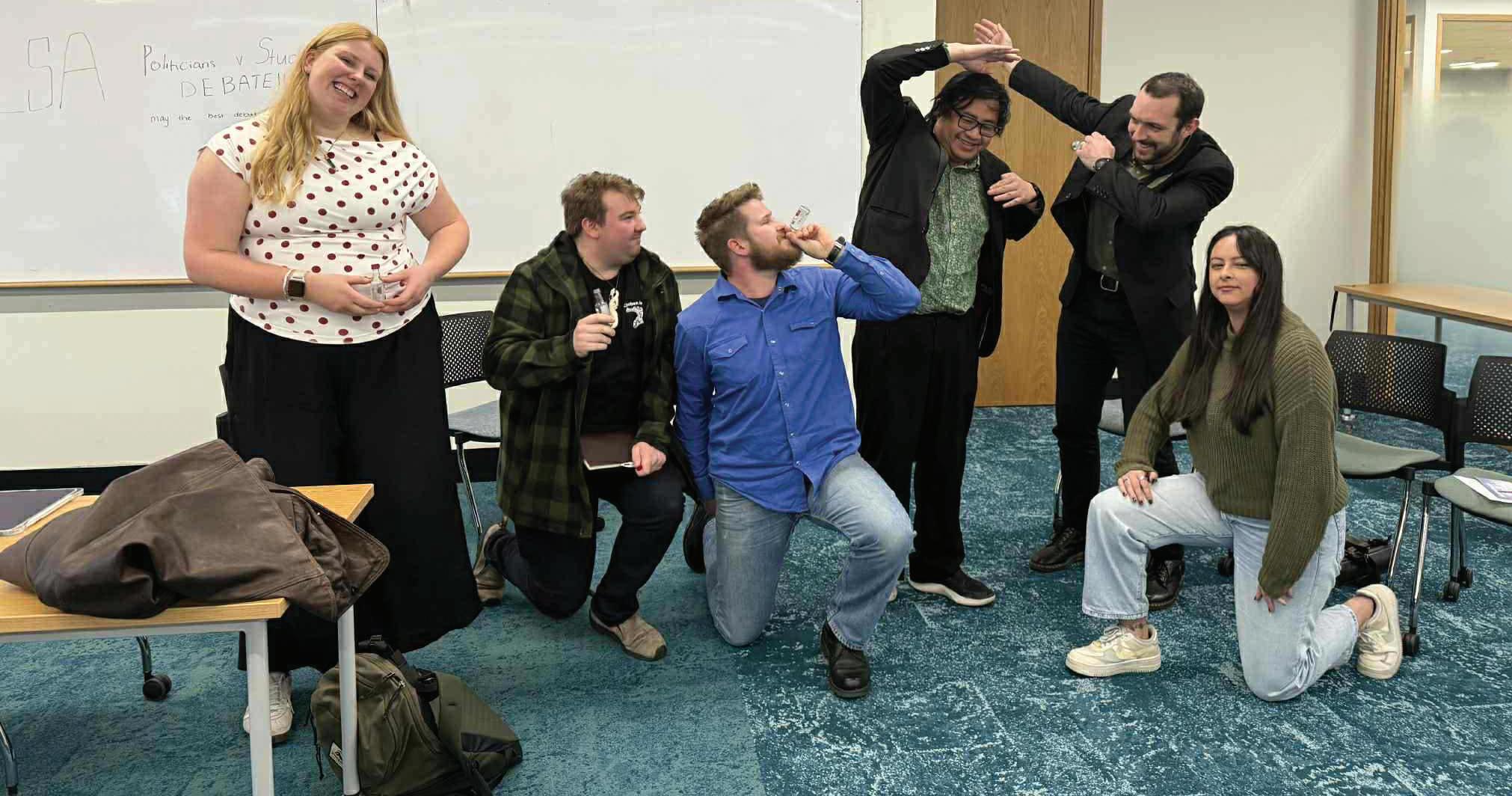
“Scarfie is dead. Long live the breatha”
Should Scarfie culture be officially recognised as intangible cultural heritage? Three Greens politicians, Mickey Treadwell, Francisco Hernandez and Rosie Finnie, think yes. But in a debate hosted by the Otago Politics Students Association (POLSA) at the Business School on Friday September 19, three students argued no – and won.
First up was mayoral candidate Mickey Treadwell. Addressing the modest crowd of about 12, Mickey outlined what Scarfie culture is. The term originated in the ‘60s, referring to the blue and yellow scarves that students wore to rugby games, and was popularised by the movie Scarfies (1999).
The Scarfie era has been considered the “golden age” of student culture at the University of Otago. To the modern student, it’s a term that’s probably only been used by parents sending down birthday beanies. Mickey blamed “material conditions” for eroding this culture: financial pressures under neoliberalism from increased tertiary fees, rising rental costs, and the cost of living crisis serving as an individualistic distraction.
Beyond advocating for the protection of Scarfie cultural heritage, Mickey has a plan to address these conditions that have “shunned students out of public life”. The mayoral hopeful identified the need to bring down the cost of living that’s seen two-minute noodles become a staple pantry item; improve housing conditions through a rental warrant of fitness; support engagement with culture and arts through subsidising a student bar; ramp up local support for rugby games; and introduce a universal student allowance. “We need to use all the tools in the kete, but recognising the culture is the first one,” he concluded.
Master of Politics student Molly Smith-Soppet was next up as first speaker of the negating team. She began by quoting an excerpt from a poem James K. Baxter wrote during Scarfie times – “Dunedin nights are often cold…” – and which the neg team believed represented “bygone times” (unsure if a shivering Critic agreed). “Intangible cultural heritage is about living practices, traditions, and expressions that communities identify with and want to pass on to future generations,” she said. “It’s about value, pride, and sustainability. And let’s be honest, my friends – Scarfie culture falls far short.”
By Nina Brown Editor // critic@critic.co.nz
Having been a student for four years, Molly has never identified with the term ‘Scarfie’. “It’s outdated, exclusive, and harmful,” she explained. The list went on in aspects that are conveniently left out of the romanticised version of Scarfiedom: a scene dominated by white men, destructive behaviours (fires, vandalism, couch burning), and binge drinking to excess. The next two speakers of her team, Postgrad Rep Josh Stewart and Sociology Masters student Will Henderson-Biss, somewhat negated their binge-drinking point when both dropped a knee and sank a shooter of vodka before speaking.
Drawing from her experience as a student, Molly argued that neither herself or her peers thought any good remnants of the Scarfie era remained. Students are now stuck with a strict surveillance of North Dunedin, a terrible reputation, and a “shitty movie that got far too much recognition considering it only has a 58% on Rotten Tomatoes” (oof). “It doesn’t represent today’s diverse student body,” said Molly. “To preserve it would be to glorify negative stereotypes that even Otago University has spent years trying to move away from [...] [and] freeze a caricature of the past instead of celebrating the culture we actually live in now.”
Greens MP Francisco Hernandez as the third speaker for the affirmative clarified that they agreed Scarfie culture was gone and wouldn’t like to see a return of exclusionary practices. However, they were arguing for a “broader definition” to encompass a culture where students could have a collective identity they once enjoyed. Bringing it back to political decisionmaking, Fran argued that the individualistic landscape of today is the result of the whittling away of Government-funded scaffolding that had once underpinned the student experience. “Belonging to something bigger than yourself is something that should survive,” he said.
To sum up, while the Scarfie culture of old is gone, the creation of a new, inclusive one that celebrates students and ensures their needs are met (including a student bar) is a must. Adjudicator from the Debating Society Liam Gould decreed that the negating team had presented a better way forward for a collective student identity, one that they argued is already on the right path. In the words of Will as he wrapped up, “Scarfie is dead. Long live the breatha.”

Releasing a whole album wasn’t enough, an extra song had to be added
Fresh off the heels of their debut album ‘Hush’, Ōtepoti fivepiece IVY encountered a bump in the road during their album promotion. Early on the 20th of September, just eight days after the album drop, a new single appeared on their Spotify profile: DIE ALONE. To the dismay of their loyal audience, it wasn’t a Marvel post-credit scene situation, but a Spotify admin error.
Critic Te Ārohi had a yarn with IVY members Connor Cooper, James Axton, Jesse Hannan, Louis Stevenson and Ocean TempleWilson, to hear about the unfortunate mishap.
It was a simple mistake. The artist behind DIE ALONE is also called IVY (sticking with the all-caps theme). Local IVY’s album has been hailed by reviewers as a brooding and cinematic masterpiece; a perfect listen for a grey Dunedin day, parked at John Wilson Drive watching the waves crash, and the latest in a long line of music mastery born from the Dunedin Sound.
The Soundcloud rap felt a touch out of place. IVY told Critic that they “had a couple people send us DMs asking if it was part of a new sound for us, but most people kinda figured it wasn’t us”. Obviously a few listeners thought they were pushing their alternate sound to the max.
The boys didn’t rate the single as highly as their own album, which was the result of years of honing their craft in the local
By Gryffin Blockley News Editor // news@critic.co.nz
music scene. “We poured years of hard work and money into this album, poured our hearts into writing it,” they said. Asked to rate the tag-on song out of 10, they replied, “Soundcloud rap… would struggle to give it any more than a 3/10.” They humbly added that they reckoned their album rates “slightly higher” than a 3.
The error was reported to Spotify on Saturday and the song was taken down on Monday. It was a “pretty decent turn around” from Spotify, but IVY noted it was long enough for it to be seen and streamed by their entire audience. Spotify's Comms, Culture and Events Specialist Maddie Koczanowski explained to Critic (really speedily, too) that mistaken songs sometimes appear as a result of a distributor error. “Distributors are the sole way to upload music to an artist profile. Sometimes, a distributor may upload music to an incorrect profile in error,” she said.
Luckily for Dunedinites, IVY is about to head on a national tour with fellow Ōtepoti band The Beatniks. The Beatniks and IVY will be stopping in Dunedin for gigs at Pearl Diver on the 3rd, 4th and 5th of October. Get in quick though – at the time of print tickets are only available for the 4th and 5th and most tickets have moved to the final release allocation. And, in the words of IVY, “if you want to feel something” you can stream their new album Hush on Spotify.
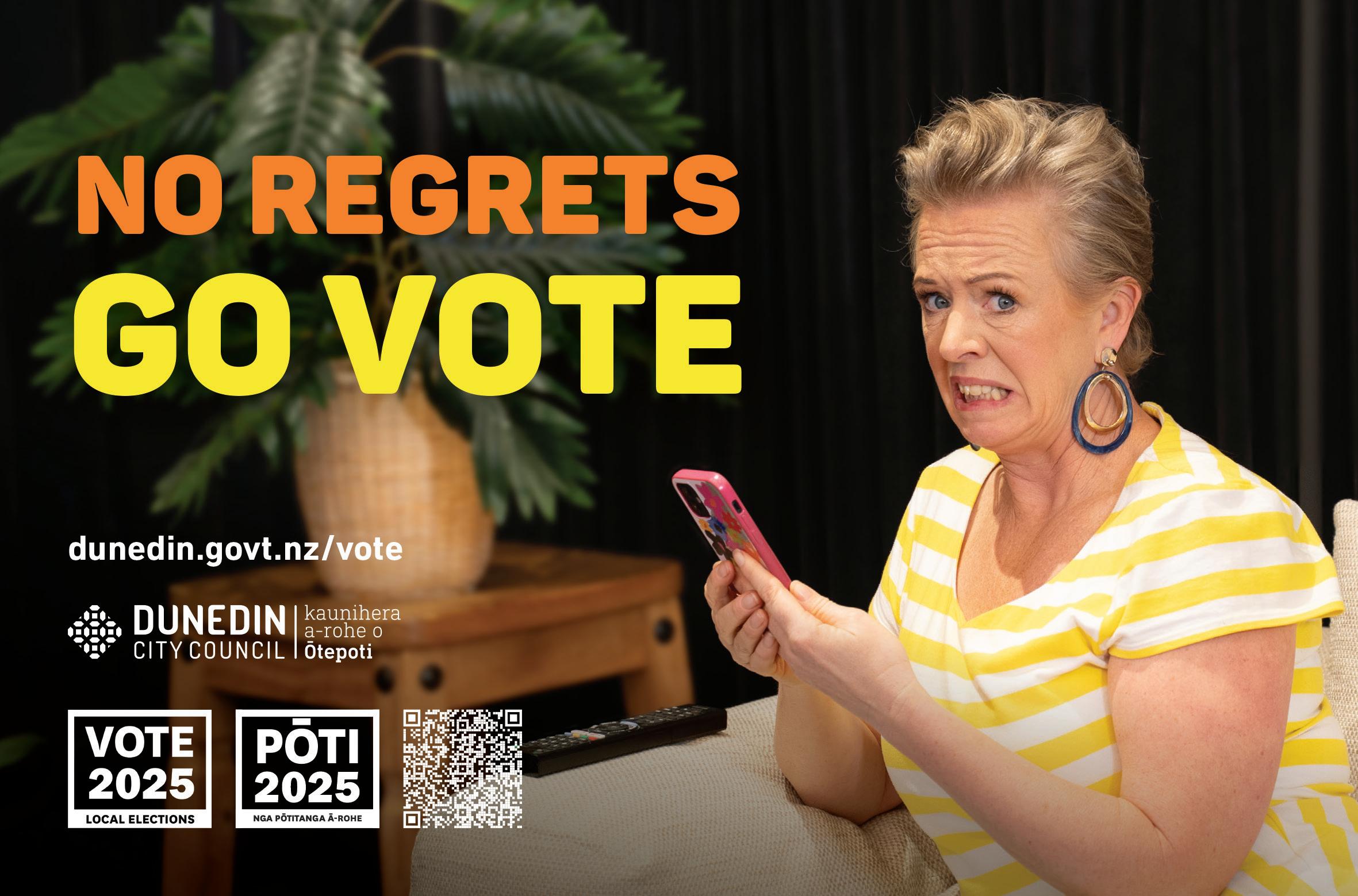


This is not good
The University of Ota-goon has announced an Official State of Emergency after a “catastrophic outbreak” of brainrot left hundreds of students unable to form original sentences, instead communicating exclusively through TikTok sounds and vintage Tumblr quotes.
In a press conference yesterday, Vice-Chancellor Papa Robbie confirmed to Critical Tribune that Castle, Leith, and the surrounding streets had been placed under full quarantine. “Students are to remain indoors, confined to their own spaces if possible, until they can string together a coherent paragraph,” he said, wearing a face mask. “If you hear the phrases ‘skibidi’ ‘gyatt’, ‘6 7’, or ‘tung tung tung sahur,’ do not engage. Evacuate immediately.”
The crisis escalated after a 100-level Biochemistry class spontaneously devolved into cheers when a lab dem asked a question and the entire room simultaneously replied: “It’s corn, a big lump with knobs.” Witnesses say one student began convulsing when asked to turn off their split screen of a Subway Surfers screen recording, while most of the class have been exclusively travelling via Griddy.
To contain the outbreak, the University has introduced Brainrot Checkpoints at all entrances to Uni buildings, where students are forced to read aloud one passage from an early modern philosopher of their choosing. To pass, they must not interject with unnecessary references. Failure results in immediate
By Gear Sloppit Shitposter // criticaltribune@critic.co.nz
isolation in a “No Internet Zone” set up far, far, away at Aquinas College.
The Dunedin Hospital has set up a dedicated ward for severe cases. Doctors report patients pacing the halls muttering “Oh that's not…”. Staff are said to have tried to introduce Shakespeare's plays as a remedy. One nurse said, “After initially administering the literature, they asked if ChatGPT could summarise it.”
Some academics are calling for compassion rather than punishment. Masters of Politics student Mao Ze Stalin argued that brainrot is an inevitable cultural evolution. “We shouldn't quarantine them," she insisted. “We should instead celebrate the fact that we are the first university in the country to have students evolving to their final form as big bosses of brainrot.”
The government is yet to intervene, but Minister of Rizz Leo Brick suggested brainrot could be “a useful distraction from the fact most students are too poor to buy vegetables and we are therefore seeing a resurgence of scurvy.”
As of this morning, the University is urging anyone still capable of reading a book with more words than pictures to come forward and assist in “reintroducing literacy” to the wider student population. Supplies of clothbound Penguin Classics have been shipped to the Clocktower, though early reports suggest most were immediately torn apart and used for junk journaling.




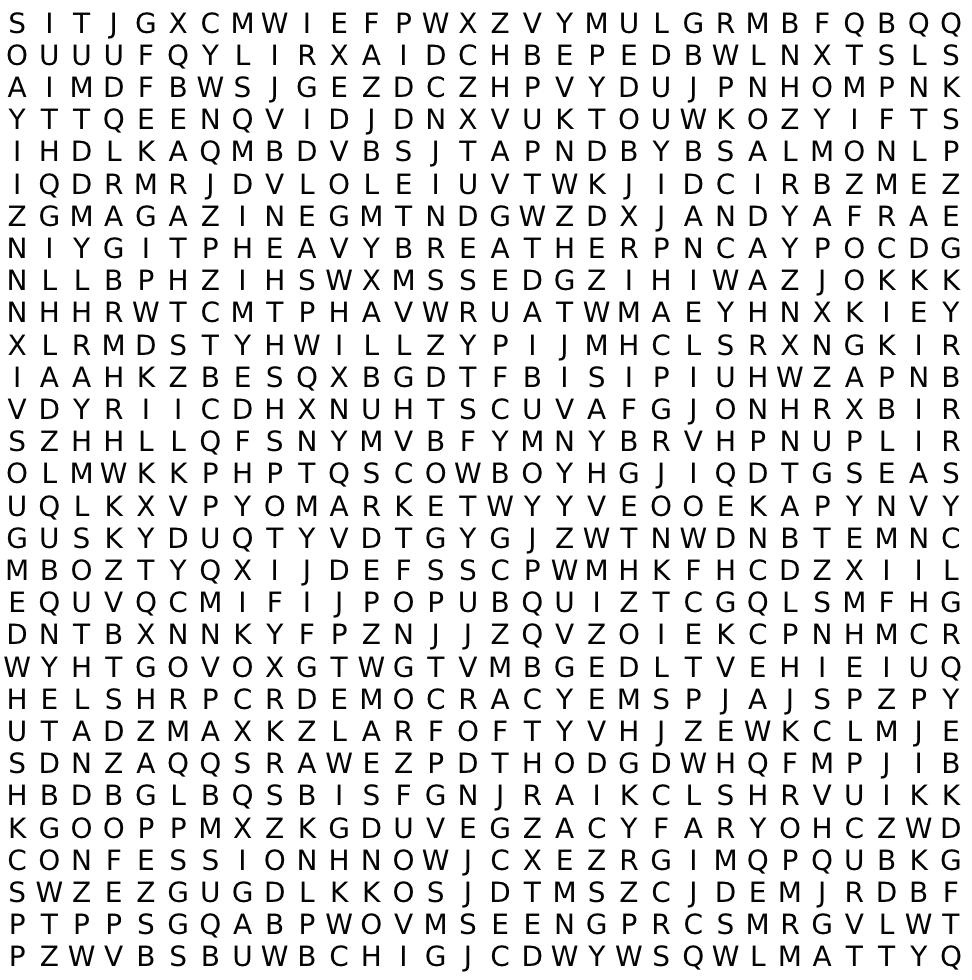


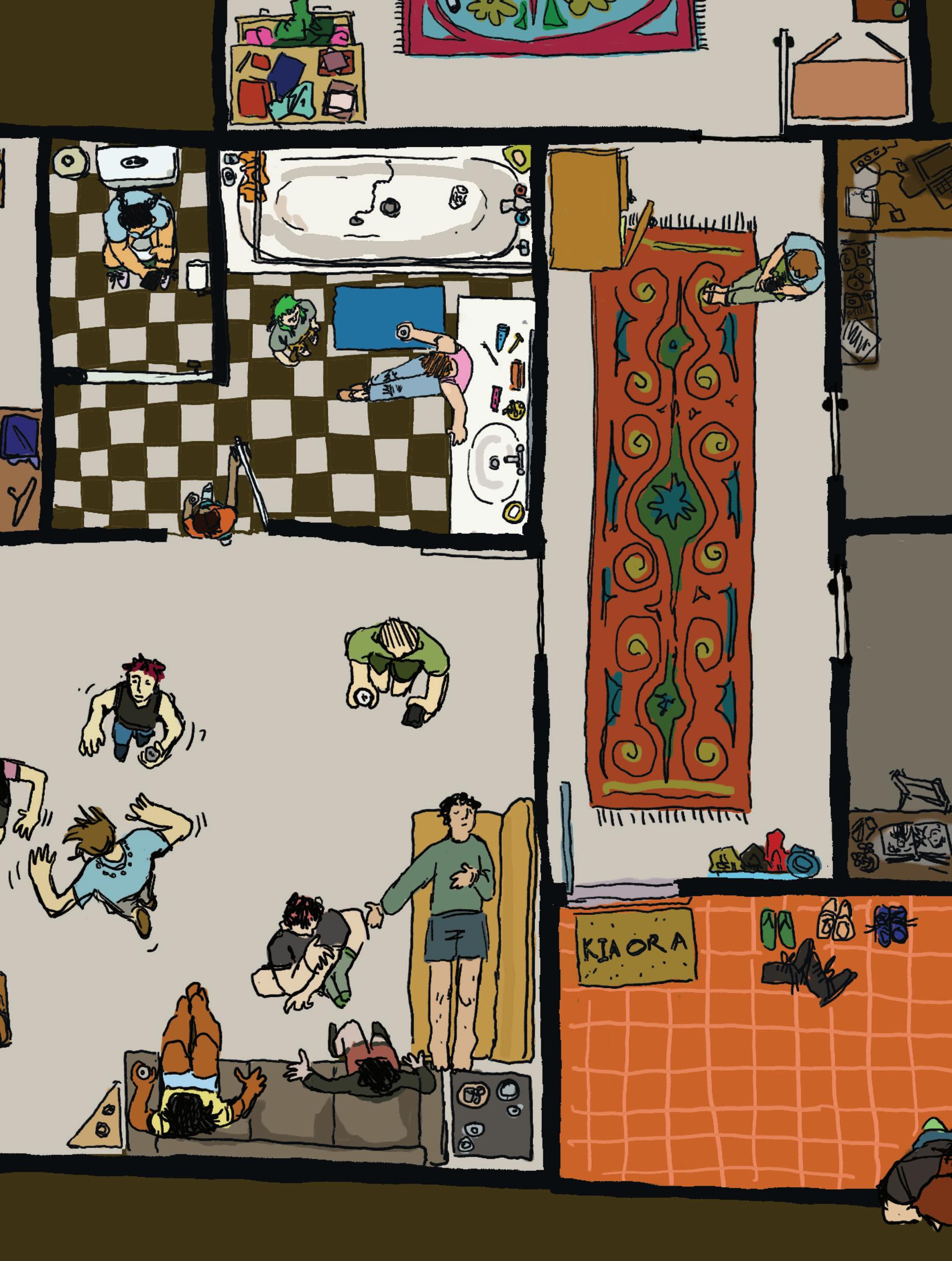
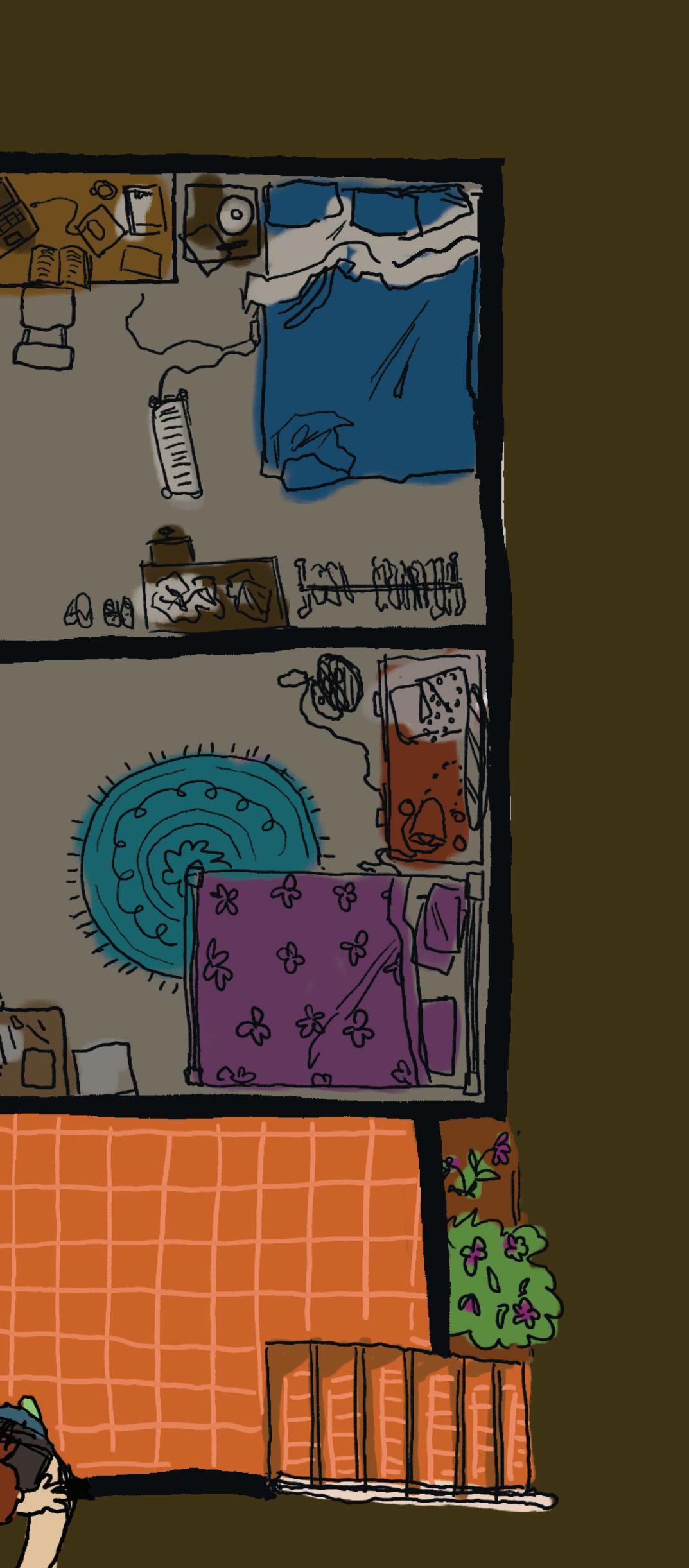
There is no feeling more rewarding than waking up at 11:45am, with no thoughts in your dusty brain other than “ouch, my head hurts,” followed by: “Did we just host the party of the century?” Hosting isn't just about shoving every person you know into a room with a JBL and a dream, it's an art. While 21st season has been keeping you busy, many have forgotten what it takes to whip out a good ol’ flat party, and that these two events have completely different codes of conduct. After a year of attending 21st’s it is easy to get caught up in the formalities and forget how to be the ultimate ‘Hostess with the Mostess.’
Fighting for your date is typically the first challenge an event goer may encounter. As weekends fill up and 21st’s are often booked months in advance, the odds are stacked against any poor critter attempting to throw an impromptu rager. Just be sure to hold your ground. Don’t be shocked if you have to play a game of paper scissors rock to decide who gets to host the first weekend after classes end for the semester.
To make sure that this night is as bumpin’ as possible, you need to know that the key players can make it. Take a look at that Facebook events tab (the only reason you still have Facebook). A clash with an acquaintance is doable, just make sure that whoever is clashing with your night has minimal friend group crossover. Double check your competition. Your measly flat party stands no chance against the Law or Politics balls, though lining up your date with Med ball may save you from some unwanted guests.
Don’t kid yourself, 6:30pm is not an appropriate start time. We know you are trying to pre-empt everyone’s fashionably late arrival time, but c’mon. Most people haven’t even begun thinking about dinner by 6:30pm let alone getting dressed up for a function. Don’t make your party a chore, or be surprised when you’re forced to small talk with that one punctual acquaintance as you run around the house trying to set everything up. Be realistic. No matter what time you set it, everyone’s gonna turn up between 8:30-9pm anyway. Just invite the real ones over for pre’s beforehand.
Every good function needs a gimmick. The twist could be anything from a wacky theme to a band playing in your backyard – important to make it unique, memorable, and remove risk of redundancy. We know you’ve been to enough functions with the exact same group of people for the past few months, just at a different house each time. Spice it up so you can pinpoint the night when scrolling through your camera roll in your thirties, trying to remember life before the spark in your eyes died.
Hosting is the only time I’ll bend over and suck it up to the Zuck. Make your function a Facebook event. Your friends are busy bees. They’ve got a lot going on. Make everyone’s lives easier by locking your place into their social calendar. Don’t bother making the world’s largest Instagram group chat to organise an event (pre-empt the mass exodus of punters leaving the gc the day after the event); and God forbid a private Snapchat story (flash back to arriving at the wrong house after the slide with the addy expired).
Make sure the dress code is clear in the Facebook invite. Sometimes an unthemed function can be one of the most daunting to attend, but keep in mind a theme too niche can quickly become your downfall. Punters are often left debating whether it will be a hoodie or corset kind of function (worse, a mixture of both). Ensure everyone has the tool kit needed to dress to impress. Sharing in a Pinterest mood board is an easy way to avoid confusion, especially in the cases of a themed event.
One might argue (we are) that the music situation of your host can make or break the party. Not gonna lie, your mate who’s ‘just learning to DJ’ is not the vibe. Having a live band is sick for a multitude of reasons, mainly to #supportlocalbands. However, if you’re relying on a playlist, pick your aux-god well. The best dance music should come at the peak of the host, and you’ve gotta chuck in a chill track every three or so songs and spread out the ABBA to give everyone’s feet some well earned rest. Don’t stick to just one genre, either. Remember, the more you narrow your
scope the more you alienate your audience (or friends, as some people call them).
Two bowls of chips. One Salt and Vinegar. One Ready Salted. Don’t label the flavours – that is how you start a conversation. Put them to the side of the party. Trust me, it’s worth the $1.50 financial setback. People always remember the effort of the chips.
Walt Disney observed that people walking around Disneyland would hold onto rubbish for 30 feet before dropping it on the ground. Thus, there is a trash can every 30 feet. Consider this when it comes to bin placement around your function by utilising all the storage containers you have got. Get creative with it. Laundry hampers, cardboard boxes, large pots n’ pans are all within the picture. The world is your oyster. I recommend placing one or two cans into each bin during pre’s so people aren’t confused about the status of each chamber.
Make sure there’s no dishes in your sink in case of an untimely power chuck. We also recommend keeping an unloved bucket or bowl on hand for this very reason, but for fuck’s sake just go to the bathroom and not the bush.
Registering your host passes over some basic deets to the local police. While it may sound a little bit like snitching on yourself, it makes your night a whole lot easier. A copper will typically drop by at one point to make sure everything is okay. Though registering doesn't always give you more leniency, having a better relationship with the police officer on duty becomes mutually beneficial.
Flip off that harsh hospital lighting. Yes the fits are devine, but everyone is self conscious enough. No need to expose your friend who's been holding an empty can of Speight’s for the last 15 minutes because they don’t know what to do with their hands. If you’re deficient in the lamp department you can always stick a New World bag over your light to create the ultimate mood lighting. Think smarter, not harder.
What differentiates a good party and a great one is whether it has multi dimensional flow. This is when each section of the house has a different vibe. Punters can pick and choose
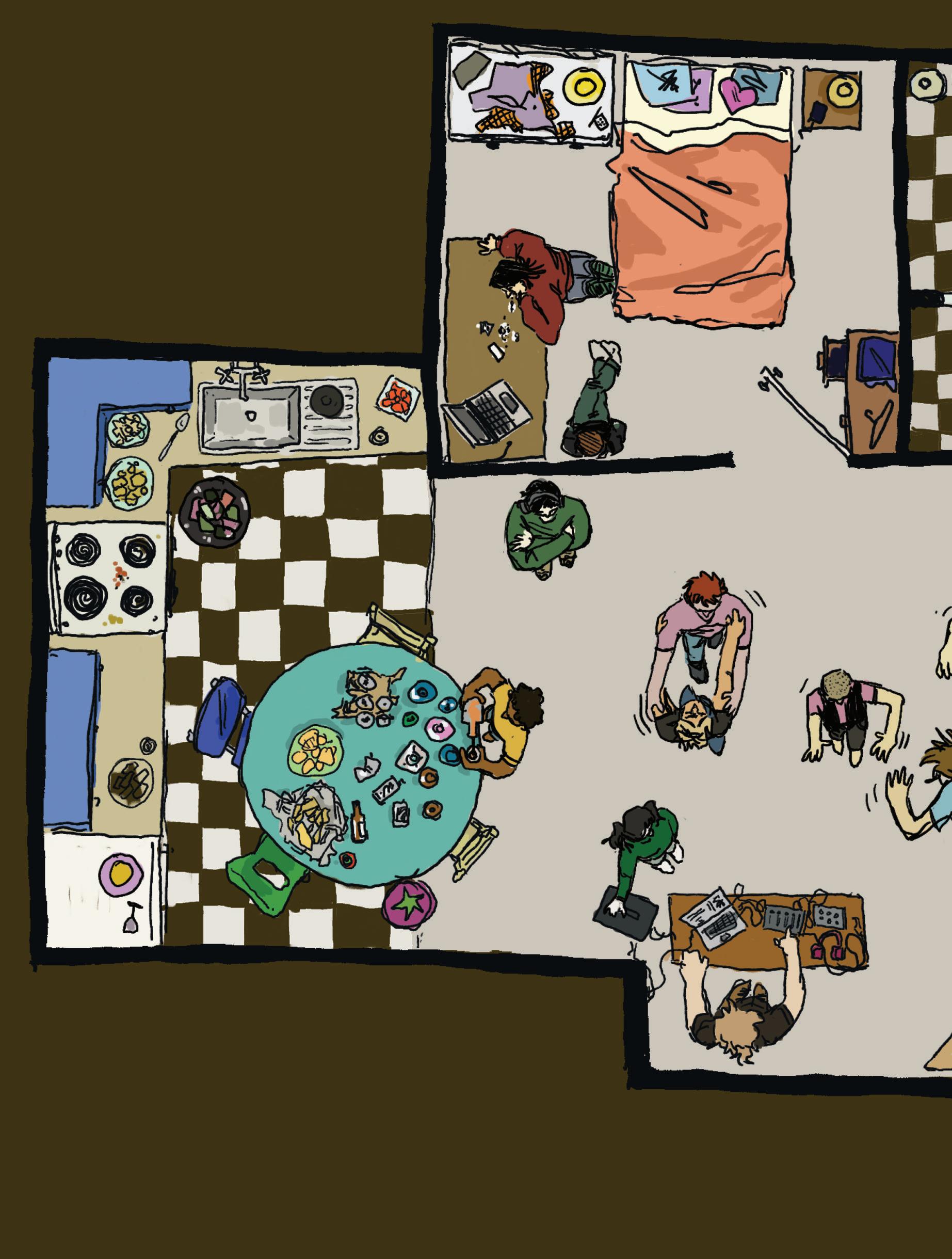
throughout the night which spot will feed their energy the most. Typically you will find the dance floor kitchen, the DMC bedroom (always pick the flattie with the best decor for this), the rage cage arena, the bathroom yappers, pass out couches and - the holy grail - the smokers’ area. Cultivating these sections takes a lot of precision, balancing many key elements. One must consider the flat’s layout, potential choke points, speaker placement, lighting, and whether to leave bedrooms open or locked.
Keep these tips in mind the next time you plan to host. Happy raging.
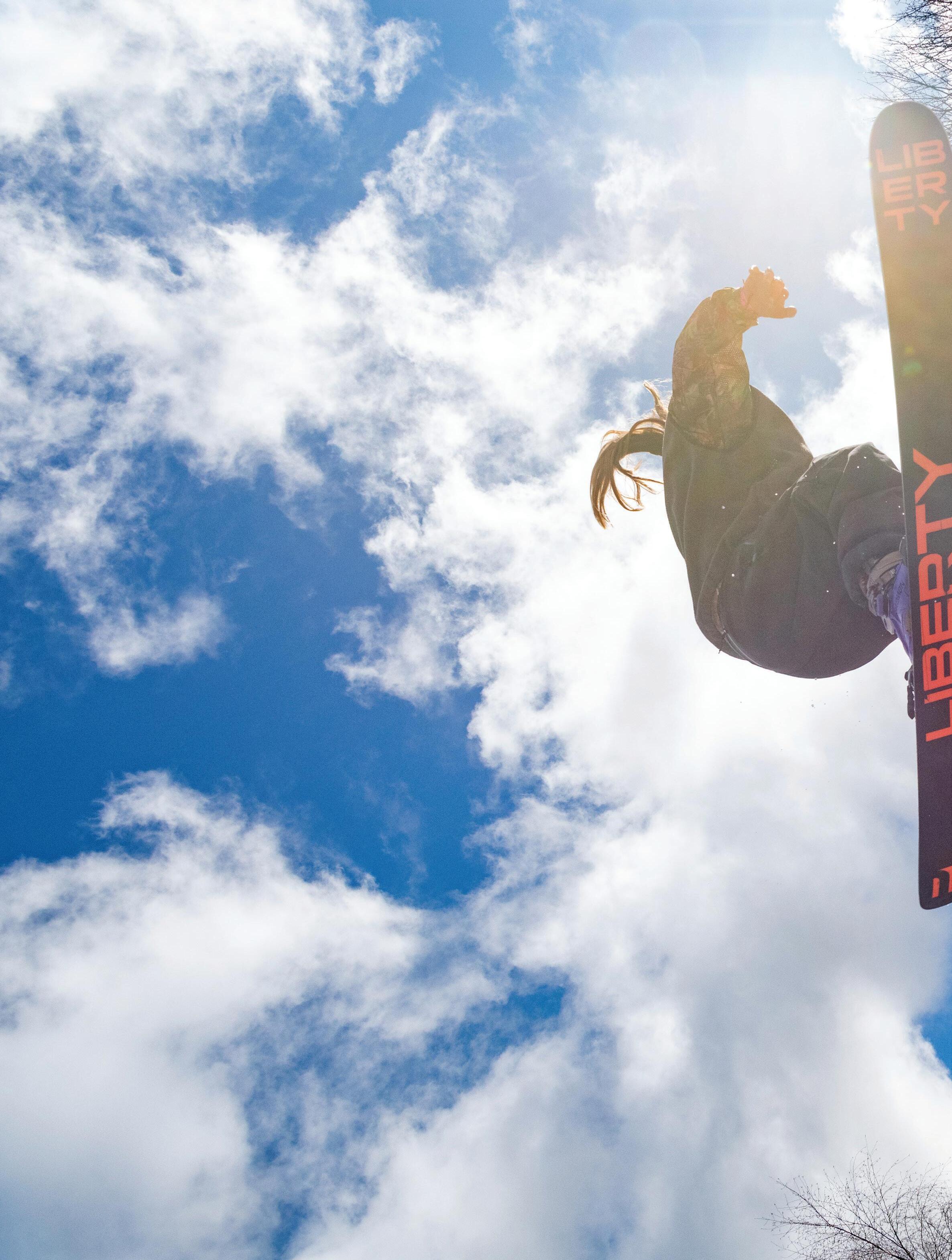

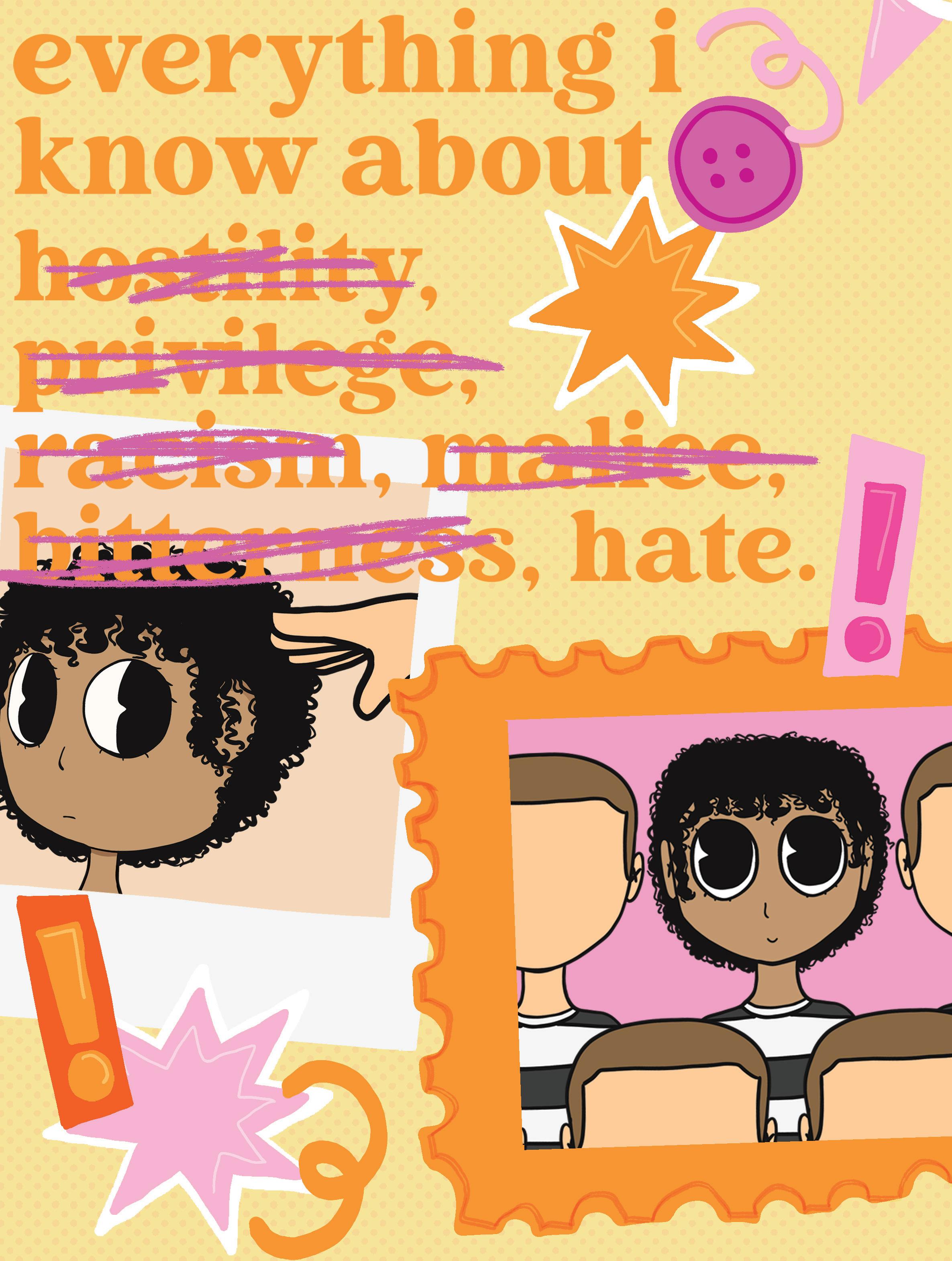
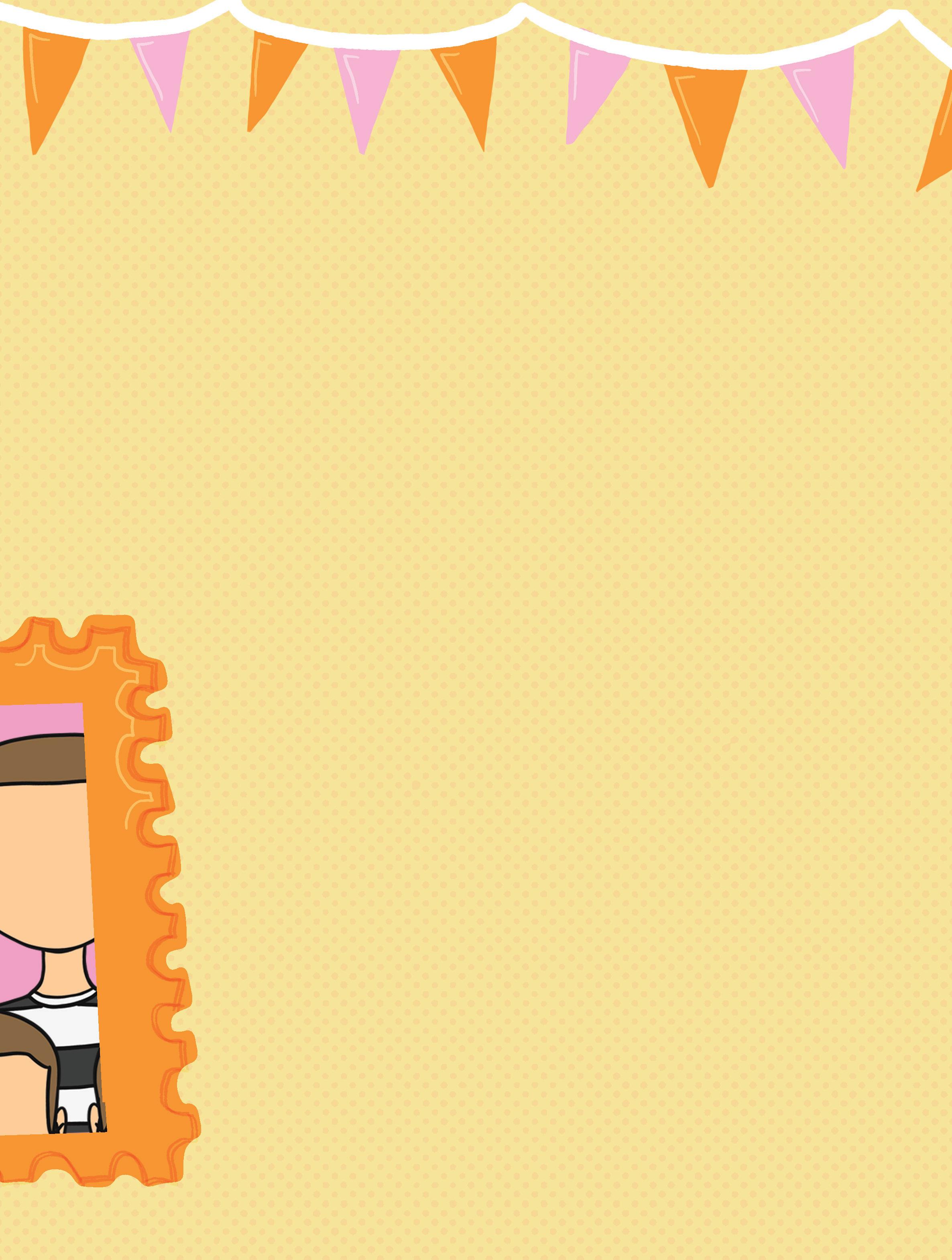
It was my first year at university when I read Dolly Alderton’s book Everything I Know About Love. Going into it, I wanted to understand what love meant. For Dolly, it was platonic friendships with women where she finally understood what that pesky little word signified. For me it was a little harder. While Dolly’s stories are sweet and familiar, my experience as a double minority – interracial and gay – has been coloured just as much by love as by casual (and not-so-casual) racism. I found it hard to know about love, but very easy to know about hate. Hate is loud, insistent, and unavoidable. It showed up in rooms before I did; it shapes the way I laugh, the way I walk, the way I choose my words.
So here it is: Everything I know about hate.
When I was a young boy, I moved to Aotearoa from South Africa. It was a shock to look around and see only one colour: white. Being non-white, insecurities I never knew I had came rushing in. My jokes didn’t land, people looked at me like I didn't belong. I felt myself becoming the jester to avoid being the joke. Like maybe if I erased parts of myself, I'd finally fit in. It wasn’t just an identity crisis; it was grief, a slow mourning for the boy I was back home. I felt that I stuck out like a sore thumb – on the rugby field, at mass on Sundays, even just walking down the street. Everything about me was amplified. Different. Wrong. It was a pervasive feeling that clung to me from high school and into uni. I hoped when I arrived at Otago that it would be different, that no one would care about such things. That nobody would see colour. I was quick to realise that this hope was naive.
The first thing most people notice about me is my hair. I was lucky enough to be born with tight, defined curls that at most times resembles a minor fro. Unfortunately, it’s something people beeline for. I honestly don't understand why people think that they have the right to touch me and my luscious locks, just because it's a little curlier than theirs. I am not a poodle. I am not something to pat. While I will always appreciate a compliment, the “Can I touch it?” follow up I’d pass.
Even when you're in a mosh pit, just one body among many, and you think you fit in… you don’t. At a Castle Street host during Re-Ori, I was having a grand time dancing with my friends, thinking I was camouflaged amongst the crowd. Suddenly a Caucasian woman apparently just had to come and have her hands all up in my fro, reminding me I was different. Her excuse: “It was just so beautiful, I couldn't help myself.” HUH? My mum raised me to know better than to stick my hands where they shouldn't be. It’s a shame this woman can't say the same.
Another thing I’ve learned about hate is that it doesn't clock out when I clock in at work. I have a part-time job at a high-end restaurant where
I serve – rich Europeans or Americans, a lot of the time. It’s at this job that I cop about 50% of the racism I’m subjected to. A few weeks ago, a woman ordered a glass of the house Sauv, the ‘Nga Waka’. Before I could help her pronounce it, she confidently said, “I’ll have a [N-word] Waka.” I was taken aback – all the way back to ‘I had a dream’. I pulled myself together and corrected her. Then guess what? Not a single apology, just a chirpy, “That one please.” With a smile. Imagine travelling 12,000km to New Zealand to call a wine by a racial slur. Dropping off her hate crime wine, I was reminded that you can't spell hospitality without hostility. Later that same week came another blast from the racist past. While working a private American conference dinner, I walked in to clear plates when an older man clapped his hands to get the room's attention to thank “the help”. He looked straight at me while the room applauded. Like all the times before, I forced my polite smile and walked out, losing a piece of myself for letting it slide.
Racism is more persistent than scabies, it seems, because even in class it has a way of showing up. In a business tutorial (BComs once again not beating the allegations) we were doing our usual group work – or at least that’s what it was supposed to be. In reality, “group work” meant me doing all the talking while everyone else sat there contributing about as much as a houseplant. Ten minutes in, one guy – who was pale enough to make Edward Cullen look like he just got back from a Fiji holiday – decided it was time to open his mouth. With his full chest, he blurted, “Oh come on Tristan, my [N-word], surely you share.” My neck snapped so fast I think I left my soul three seconds behind. I just stared at him, blinking in disbelief. Meanwhile, he chuckled to himself, looking around for approval like he’d just delivered the joke of the century. Spoiler: no laugh track followed. In that moment, I didn’t know what was worse: the audacity, the ignorance, or the fact that this man really thought he’d just said something clever.
These are just fractions of what I've dealt with. Racism doesn't have to be your life's biggest mistake to still ruin someone else's day. Sometimes it's big and blatant, other times it's small enough that people laugh it off. Like the stranger that said “wow, you talk really proper” as if it was a compliment. The friends who say “I can say it in songs” even after being at university for two years. None of these made headlines, but they still stuck with me the same. Dolly Alderton wrote that she learned about love from her longterm friendships with women. Me? Everything I know about hate I learnt being different in a room full of non-different people.
I'm telling you about these experiences, not for sympathy, but to show that people are often aware of their prejudice and continue to act on it. Just because it’s normalised within our communities to laugh, doesn't mean you can't say anything to stop this kind of behaviour in the future. Racism never takes a break, even if I need it to. If you've ever laughed along, stayed silent, or brushed it off, then congratulations: you've kept hate alive. But here’s the truth: it is cooler to be different. Embrace it. Be who you are. And if whilst reading this you “mhmm”-ed or nodded that head, you’re part of the community. If you see something, say something.

ByMollySmith-Soppet
Disclaimer (because someone will ask): This is satire but also probably some good advice. Use your critical thinking skills to determine which is which.
So, you’ve blown your last $20 on a hungover Hunger Buster. Fear not, Dunedin is a magical place filled with many “opportunities” to keep your flat stocked without tapping your own card. We know what it’s like to be down to your last few dollars with an empty fridge, unpaid power bill, and no couch. Lucky for you, here is Critic Te Ārohi’s broke-but-resourceful guide to survive.
The greatest travesty a flat can experience is running out of toilet paper – and boy does it happen often. But why buy your own when every place you visit has some for free, just sitting there. Think about how much of your uni fees must go towards keeping buildings that you have never even entered stocked with bulk orders of toilet paper. Other great suppliers of toilet paper are restaurants. Next time you're out for a BYO or mum and dad’s shout, stock up (they usually have 3-ply).
The end of a semester is the perfect time to continue the long chain of hand-me-down or found-on-the-street furniture. Keep your eyes peeled on sidewalks, carparks, and Facebook groups. A sofa, desk, chair, and even that weird Minecraft Creeper lamp you didn't know you needed can become yours for free. Another great place to score some really nice quality furniture is halls at the end of the year. Often they are replacing desk chairs, dining room tables or couches – furniture far less likely to be riddled with scabies or borer. And another pro tip: the uglier the couch, the comfier. There’s nothing a couch cover or really large blanket can’t fix.
Now this will either be quick as, or you are going to have to play the long game. First try all of the obvious passwords: “Password123” or “KingsOfCastle69”. If that doesn't work, it’s time to befriend the neighbours. Whether that means door knocking daily to make them your friend or slowly but surely working your way into the friend group. You don't necessarily have to continue to be friends with them once you have secured your connection. Like piggybacking off your high school friend’s Disney Plus subscription, just stay friendly enough that they don't give you the boot. You’ll increase the risk if you have too many devices connected at once, too, so be careful there – you don’t want to have to start from scratch again.
OUSA is a theme park for the financially challenged. Free condoms? Check. Posters and stickers? Double check. Lost property? Gold mine. That lost Frank Green water bottle with someone else's initials engraved on the side? Yours now – and you never know what other treasures await. In the past three years, I have secured a bag of OUSA branded poker chips, many loaves of bread, several cases of fun drinks, and many bags of gluten free pasta. Keep your eyes peeled on the Clubs and Socs Instagram, because once that post is up you better be running straight to reception as this shit goes quick.
Posters: the original removable art installation. OUSA isn't the only place that has free posters. Take a stroll up George Street, and it’s one big raxable art exhibition. Seems to me they are just asking to be peeled down from the side of a shop, taken home, and stuck to the walls of your living room with a fuck load of BluTack (don’t tell my landlord). During election times especially, there’s an abundance of awesome posters and signs just waiting to have a pair of googly eyes slapped on to ward off unwelcome crashers at your next host.
If you can't afford to fill your pantry from a supermarket (me) there are so many places within Ōtepoti that can help you out. We’ve all been there, left choosing between paying the power bill on time or eating nutritious meals. But there are people all around our city who want to help keep our pukus full. Whether you are looking for an already cooked feed (go to the Bowling Club); ingredients to do your own cooking (Student Support’s food bank or pātaka kai); or keen to forage for fresh produce (Our Food Network’s community gardens), there’s help to be found.
For those into the charcuterie kind of kai, join as many free clubs as you can. Events are a smorgasbord of snacks. You might have to sit through a guest lecture or an AGM to earn it, but by the end both your tummy, mind, and soul are full. Think of it as networking with benefits. And if you’re truly desperate, an unloved and abandoned burger from the side of the road on a Saturday night is as good an option as any.
Anytime your parents come down and stay in either a cushy hotel or the last motel available on booking.com, be sure to go and scope the place out. At the very least, you will walk away with a horde of tea bags and sugar packets. If you're lucky enough, you might even be able to swing a few sachets of hot choccy and coffee. If you’re especially blessed with the luck of the leprechauns, you might even be able to get away with little soaps and shampoos that would transform your flat shower into a 3 star spa experience.
Definitely the most ambitious dream of any broke BSci student is building a solar panel from lab scraps. Armed with a half completed degree, the Solar Power for Dummies book and copious amounts of energy drinks, this project could be completed in a weekend. If it is peak winter and it looks like there is no foreseeable sun to be harnessed into power, there is also the great idea of tapping into the Uni power grid. To do this you could either do low budget and dangerous with 100m of extension cables and several multi boards or the more dangerous but rewarding route of tapping straight into a power line. (Disclaimer: Critic Te Ārohi is not encouraging this behaviour.) It doesn't have to cost an arm and a leg to live in Dunedin. Sure, the landlords are probably getting a few extra dollars out of us then their flats are worth, but that doesn't mean that all hope is lost. Ōtepoti is a magical place where things can just kind of fall out of the sky and into your lap when you really need them. There are also so many services and funds around the country aimed at helping out students, a historically broke as fuck group. If you need help, don't be ashamed to reach out to the Rotary Club for their community pantry, OUSA Student Support, or even the DCC for their electricity grant. They are there to help you through a tough time, not judge you for being on a shoestring budget.
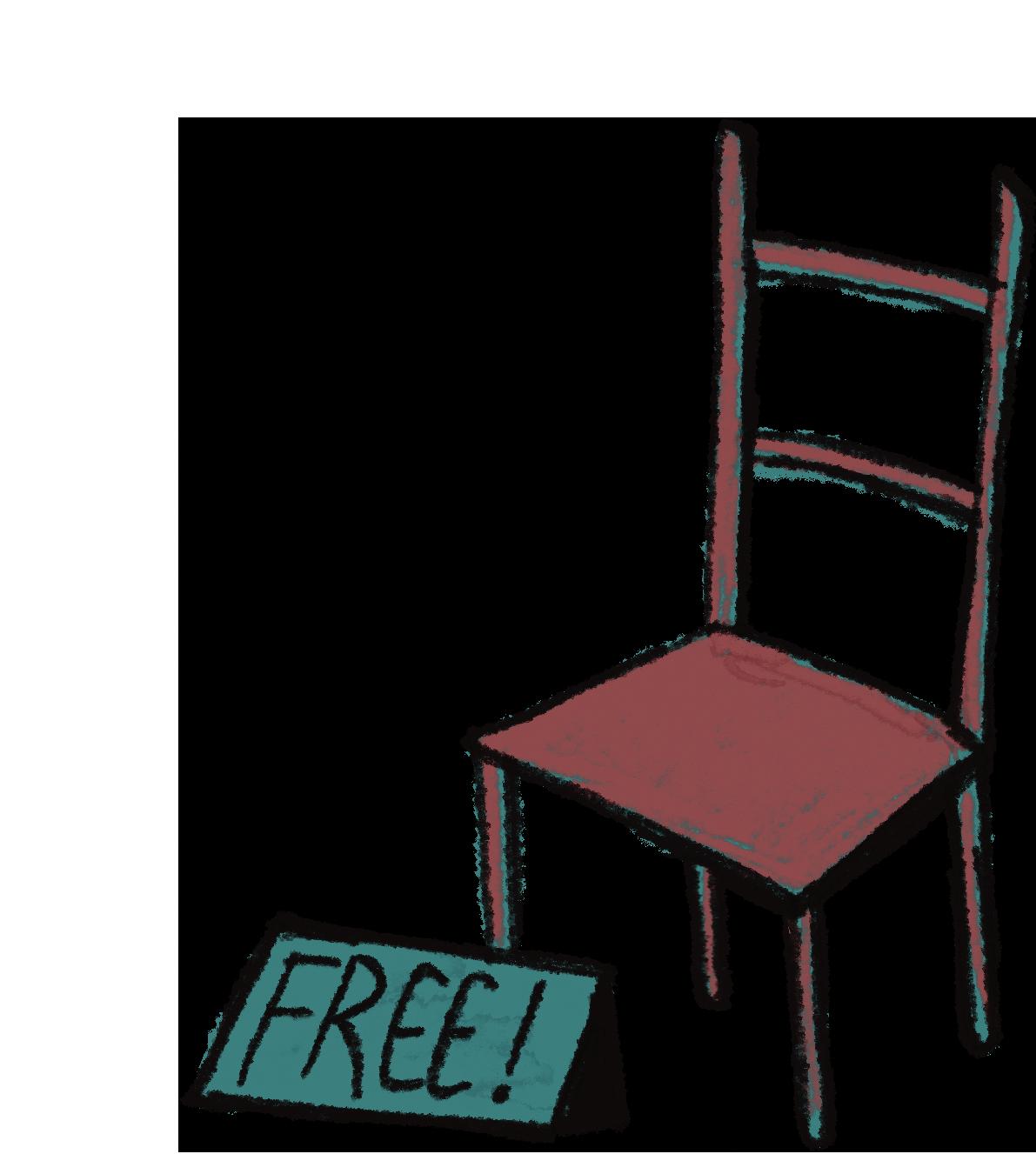

My name is Aksha, and I’m addicted to quizzing. It all started in high school, with our chaotic, last-minute house quiz competition that I joined on a whim. Not expecting much, I somehow found myself buzzing in faster than anyone else. Each correct answer sent a tiny rush of triumph through me, a hit so small, so ridiculous, yet so intoxicating. We won that year, and next year, when they begged me to compete once more, we won again. That spark of victory ignited what has become a full-blown obsession. Honestly, if you’re going to be addicted to something, pub quizzes are probably the healthiest, most harmless option imaginable, and I just can’t get enough.
Fast forward to 2020, and I’d just landed in Ōtepoti: bright-eyed, bushy-tailed, ready to experience the quintessential student lifestyle. I’d heard about pub quizzes through friends, but it felt like something reserved for a crowd I wasn't a part of. For a few years, my quizzing fanaticism lay dormant – a trivia-strain of rabies, if you will. My friends were into other things, and I didn’t even know when or where these elusive quizzes happened. It wasn’t until two years later that I finally took the plunge.
I started with Mondays at The Bog with a few friends, and soon added Wednesdays at Kensington to the mix. Back then, it was casual, a once or twice a week social thing. But then… everything changed. There were more. The Baaa Bar ran one on Tuesdays, Rope & Twine on Thursdays. It felt like I’d unlocked a hidden side of Ōtepoti, a secret world of quizzes that only the lucky few seemed to know about.
The real game-changer? With the exception of The Moons Bar and ADJØ, nearly every pub sourced their digital quiz packets from the same company, Believe It or Not! Here’s the genius bit: each pub on each night gets a completely different quiz so no repeats. Every night, a fresh set of questions. It was a green light to go full throttle.
Four nights a week? Easy. Dangerous. Perfect. The kind of thing that makes an addiction feel entirely justified.
But it’s about so much more than just the points. Through quizzing, I’ve met a huge variety of people and now find myself in four different dedicated quiz group chats. You end up hearing about people’s lives, celebrating their wins, and laughing through their losses. It’s surprisingly social, wonderfully collaborative, and has helped me build genuine friendships. For me personally, it’s also boosted my confidence around people, something I’d struggled with before.
Then there’s the knowledge. Week in and week out, you absorb the most bizarre, fascinating little facts about history, culture, geography, and sport that you’d most likely never encounter otherwise. It makes you more curious about the world and more open to seeing it through different perspectives. That’s the real heart of it, I think. Pub quizzes have genuinely enriched my life socially and intellectually. Fun? Check. Addictive? Check. Rewarding? Hell yeah. At this point, I don’t only do them because they’re enjoyable; I do them because I just can’t stop. The Believe It or Not! Quiz Structure Broken Down — The List, Ponderous Puzzle, and Everything In Between
All the quizzes I hit in Dunedin are part of the Believe It or Not! network. Unlike traditional printed packets that your folks may be used to, these digital quizzes include images, audio clips, and videos, allowing participants to see questions on a screen, listen to music clues, or watch visual prompts. Like I said earlier, each venue receives a fresh set of questions every week, meaning no quiz is ever repeated but also, more importantly, keen teams can attend multiple nights without encountering the same questions twice. Quizathon unlocked.
The structure is consistent: eight rounds split in two halves, with
By Aksha John
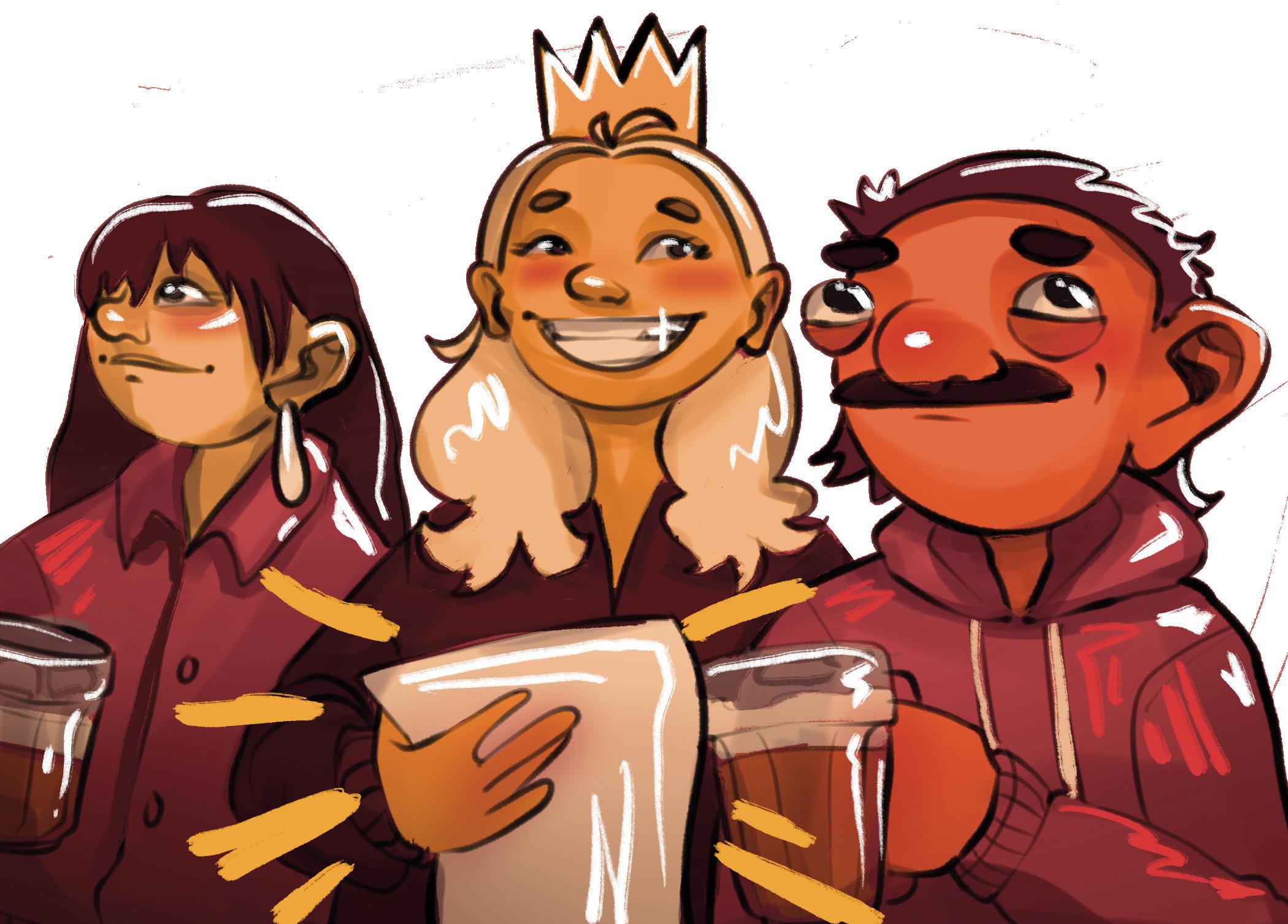
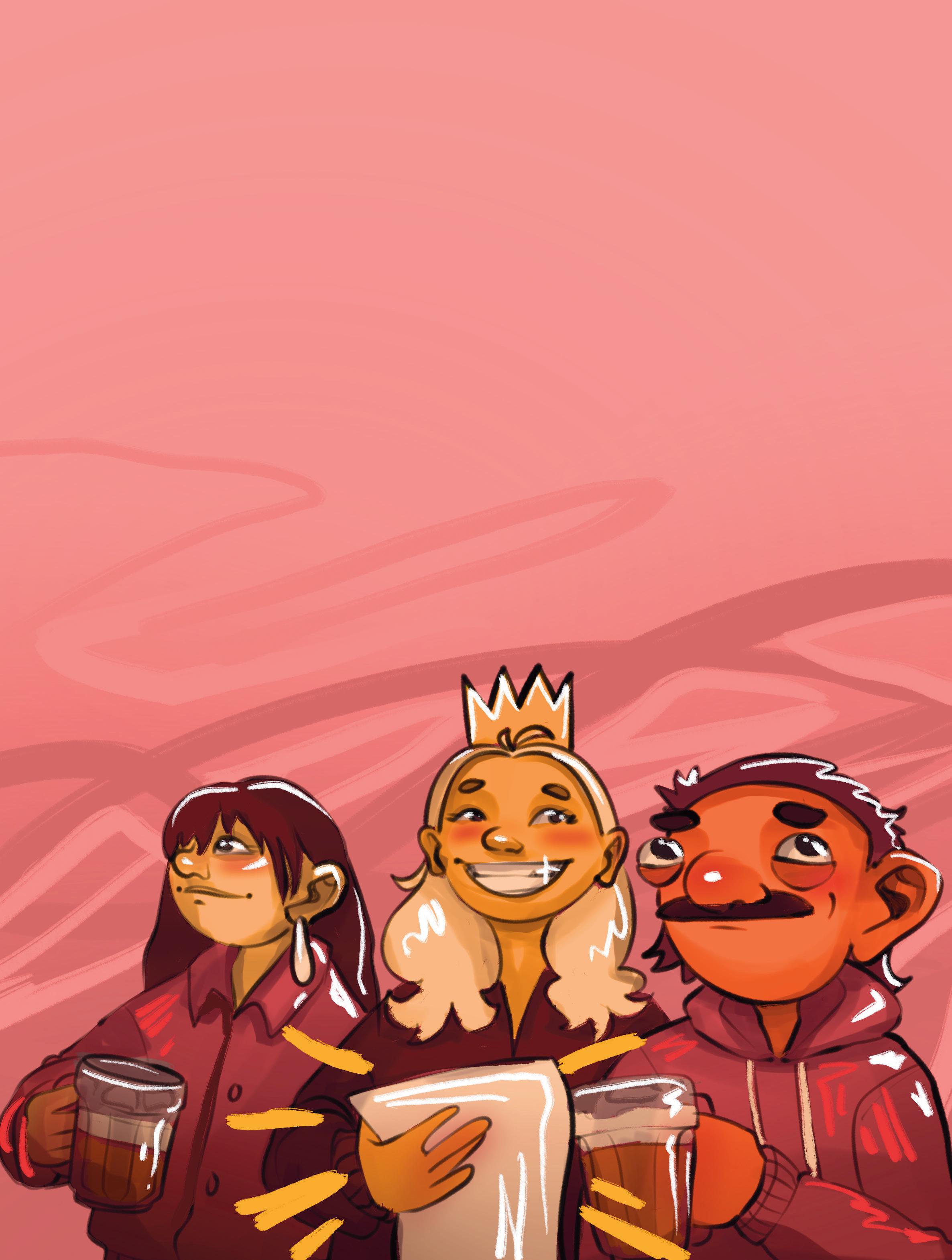
a mid-quiz break to grab a pint and some chippies. Each round generally has ten questions, keeping things fast, unpredictable, and (crucially) entertaining. Before the quiz starts, each team must identify what they believe will be their strongest rounds. They then mark them as the joker rounds, giving them double points for all correct questions. Choosing poorly can result in doubling a low score, while choosing wisely can leapfrog competitors.
Most quizzes begin with a visual round, often featuring celebrity headshots, book covers requiring the identification of the author, famous artworks, or flags to name the country. This opening round is fast-scoring, fun, and immediately engages teams’ attention. The quiz is scored out of a possible 120 points including the main 8 rounds, the 2 jokers, the Ponderous Puzzle, and The List.
The Ponderous Puzzle is the crown jewel of any quiz. It could be a person, place, band, artwork, object, year, or just about anything else, revealed gradually through cryptic clues across the rounds. A correct guess in the first round scores 10 points, with fewer points awarded the later it’s solved. The clues start vague and get easier, but there’s no penalty for guessing early. In fact, it often pays to take a chance as you’ve got nothing to lose and everything to gain.
The List Round itself is a compact strategic challenge. Teams are given a category and must list as many valid answers as possible, often in strict order. Categories can range from periodic table elements to U.S. states ending in a vowel. A single incorrect answer or non-answer can invalidate all subsequent correct entries, meaning careful strategy and attention to detail is required for this round.
A top tip for the keenest of quizzers is the Cryptic Clue, which is posted every Monday at 9 a.m. on the Believe It or Not! Facebook page. These three clues appear in every quiz that week, and solving them beforehand gives teams a head start. The difficulty varies, and clues often reward research-savvy teams who engage with them before quiz night.
Several staple rounds recur almost every week: potluck, music, sports and games, geography, and TV and cinema. The fourth round almost always takes the form of a 50/50 or “odd one out” type question, giving teams roughly a 50% or one-third chance of answering correctly. Another consistent marker of a Believe it or Not! quiz is that the tenth question in each round is usually multiple-choice, providing three options for an educated guess. Beyond these staples, other rounds rotate through arts and literature, science and nature, history, “alphabet soup,” and many others. The best teams cover as many of these knowledge areas as possible to remain competitive.
Over weeks of attending these quizzes, certain patterns become clear, making you feel like Sherlock Holmes. One example: If a main round is omitted, such as TV and cinema or geography, the Ponderous Puzzle or List Round often compensates by focusing on related topics, giving teams with experience in one of those sections a chance to show off their skills. Recognising patterns allows seasoned participants to anticipate topics and optimise strategy.
The Bog is the church, students are its patrons, and the quiz is the gospel. Held every Monday evening, The Bog pub quiz is a magnet for students, and it shows. Officially scheduled to start at 7:30pm, it almost always kicks off around 7:40 thanks to the mass of teams submitting names and picking their Joker rounds. For anyone hoping to snag prime seating, arriving as early as 6:30 is smart. Otherwise, you might be stuck far from the screens or worse, left standing with no seat at all, desperately using your mates back as a table to write on.
Upstairs, The Bog offers respite: large booths with a bit of back support and a calmer space. Downstairs houses the bulk of the crowd, marked by a buzz of laughter, elbow nudges, aggressive
whispered answers at the tables, and shouted drink orders at the bar. It’s loud, high-energy, and packed with students, which can make discussing with teammates a bit of a challenge but adds to the atmosphere and keeps the night lively.
Rounds are presented digitally on screens, with videos, music clips, and images adding variety. Each round typically lasts 5–10 minutes, and the mid-quiz List Round gives teams a chance to stretch, grab a Guinness, and mentally prepare for the second half. Food and drink prices are reasonable, and there’s a quiz-night menu featuring burgers, fries, and steaks.
The quiz host is a young Bog staffer with his own unmistakable style. Casting himself as the messiah of quiz, he presides over each night like a pastor at the pulpit. The ritual is always the same: every question is read aloud, and then, during the answer phase, read aloud again. What should be a smooth procession becomes a sermon in endurance – ask, answer, pause, repeat. His robes are the Bog uniform, his vestments marked by the usual Guinness stains, and his flock waits in equal parts devotion and mild exasperation. It is ceremony, yes, but of the long-winded variety.
Competition is fierce. Prizes are $50 for first, $30 for second, and $20 for third. Two teams, Mixed Bag and Watermelon Men, dominate regularly. They almost always take first and second place, but while it’s tough for newcomers to break through, the occasional off-week for the regulars gives everyone a glimmer of hope.
This quiz wraps around 10:30pm, leaving teams tired, exhilarated, and often with a few laughs at the host’s quirks along the way (“I swear he read that question three times”). Even if your team doesn’t place, the energy, social connection, and sheer thrill of trying to outwit your peers make Mondays at the Bog an unforgettable experience.
Aksha’s Rating: 6.5/10
The Mornington Taphouse quiz takes place in the Tap House at the back, separate from the restaurant side. Unlike the cacophony of The Bog, this quiz runs with a sense of structure: strict bookings, pre-assigned tables, and a promised 7pm start though, like the Bog, that’s often more aspirational than reality, with quizzes usually kicking off around 7:10. Space is limited, and while the quiz has grown slightly in popularity, organisers can only squeeze in an extra table or two. Arrive without a booking, and you risk missing out entirely. The quiz wraps up just after 9pm, making for a fastmoving, compact evening.
The atmosphere at Mornington is a world apart from the dimly lit, high-energy chaos of The Bog. Brightly lit rooms mean you can actually see your notes and, unfortunately, your own questionable handwriting. Tables are comfortable and ideal for mid-sized teams, with the average group around six players. The crowd is more mixed here, with older local teams making up the majority, though a few student teams still show up. And the food? Absolutely delicious, ranging from a heavenly Thai beef salad to pub classics like schnitzels, burgers, chips, and loaded wedges.
The host is a staff member rather than a dedicated quiz-master and doesn’t read the questions or answers aloud, making it a little harder for complete pub quiz newbies. Answers are marked quickly, keeping the evening flowing, but there’s no announcement when marking is happening. Prize-giving is similarly understated the host simply hands out prizes, leaving the score chart on screen so everyone can see how they placed. If you're prepared to do a lot of reading and shushing your teammates, the Mornington may be the perfect spot for you. This place is for real quizzers.
One thing that sets Mornington apart is the raffle draw. Everyone gets a ticket at the start of the night, and after the list round, three winners are drawn. Prizes can be anything from mugs and hats to local Mornington merch, which is a fun bonus that adds
excitement to the evening. Prizes are slightly more generous than The Bog: $60 for first, $40 for second, and $30 for third. While a few regular teams tend to dominate, no single group monopolises first place every week, so new teams have a real chance of placing, especially if they play their Jokers strategically.
All told, the Mornington Tavern offers a lively yet orderly quiz night. The bright lighting, brisk pace, and quirky raffle draws make it a fun and approachable experience, even if the host keeps things low-key.
Aksha’s Rating: 7/10
The Baaa Bar is the domain of night owls and late workers. Tuesday’s quiz kicks off at 8pm and wraps up around 10:30, which is not ideal if you’ve got early lectures and a desperate need for sleep. The crowd is mostly students, though the occasional veteran team like Annabelle’s Strays dominates the leaderboard, where their niche expertise forms a powerhouse team in a sea of youthful guesswork.
The host, Tom, reads each question carefully and takes no nonsense, though the trickier words keep him on his toes. Prizes mirror the Bog: $50, $30, $20. The real magic, however, lies in the shared experience: the quiet, nocturnal camaraderie, huddled over pens and papers, laughing at obscure references, and celebrating even the smallest victories together.
All in all, it’s a solid Tuesday night option for anyone who enjoys a late-evening challenge, a student-heavy crowd, and the thrill of trying to dethrone the mighty Annabelle’s Strays. Good luck with that.
Aksha’s Rating: 7/10
Wednesday at Kensington is a more formal, almost sophisticated affair. The crowd leans heavily toward older local teams, with maybe one or two student groups scattered in the mix. You’ll also see a fair few small teams of two or three people. Officially starting at 7pm, tables must be pre-booked as space is limited, and arriving without a booking risks missing out entirely. Seating is comfortable and suited for mid-sized groups, averaging about six players. The host brings personality, engaging with teams while keeping the quiz moving efficiently. His partner also participates solo in the quiz, creating a lighthearted mini-competition between them.
Competition is fierce, with top teams consistently scoring above 100 points. Teams like Rebel Tour almost always take first place, making winnability extremely low for new student teams. Kensington feels like the place where every Dunedin kid participated in their first pub quiz, lemonade in hand, brimming with knowledge fresh from the lips of their primary school teacher.
Answers here are marked quickly, keeping the quiz moving, and prizes are awarded as bar tabs: $50 for first, $30 for second, and $20 for third. But the true value of this quiz lies in its community feel. It’s a place where friendships deepen, families quiz together, rivalries intensify, and, much like Pint Night, the quiz becomes a ritual that breaks the monotony of the week.
Aksha’s Rating: 8/10
The Cableways quiz starts promptly at 7pm, with tables generally needing to be pre-booked. The quiz is run by a dedicated and talented quiz-master, who takes quizzes seriously. He adds a good dose of entertainment to the proceedings, keeping the crowd lively and engaged, with the atmosphere staying fun without being overwhelming. The prize structure is the usual: $50, $30, $20, with a quirky twist of a prize for the last-place team. Overall, Cableways is a fun midweek option with an engaging quiz-master and some small, enjoyable surprises, making it ideal for anyone looking for a lively trivia night where you can show off your smarts, have a laugh, and maybe even claim glory or consolation along the way.
Aksha’s Rating: 8/10
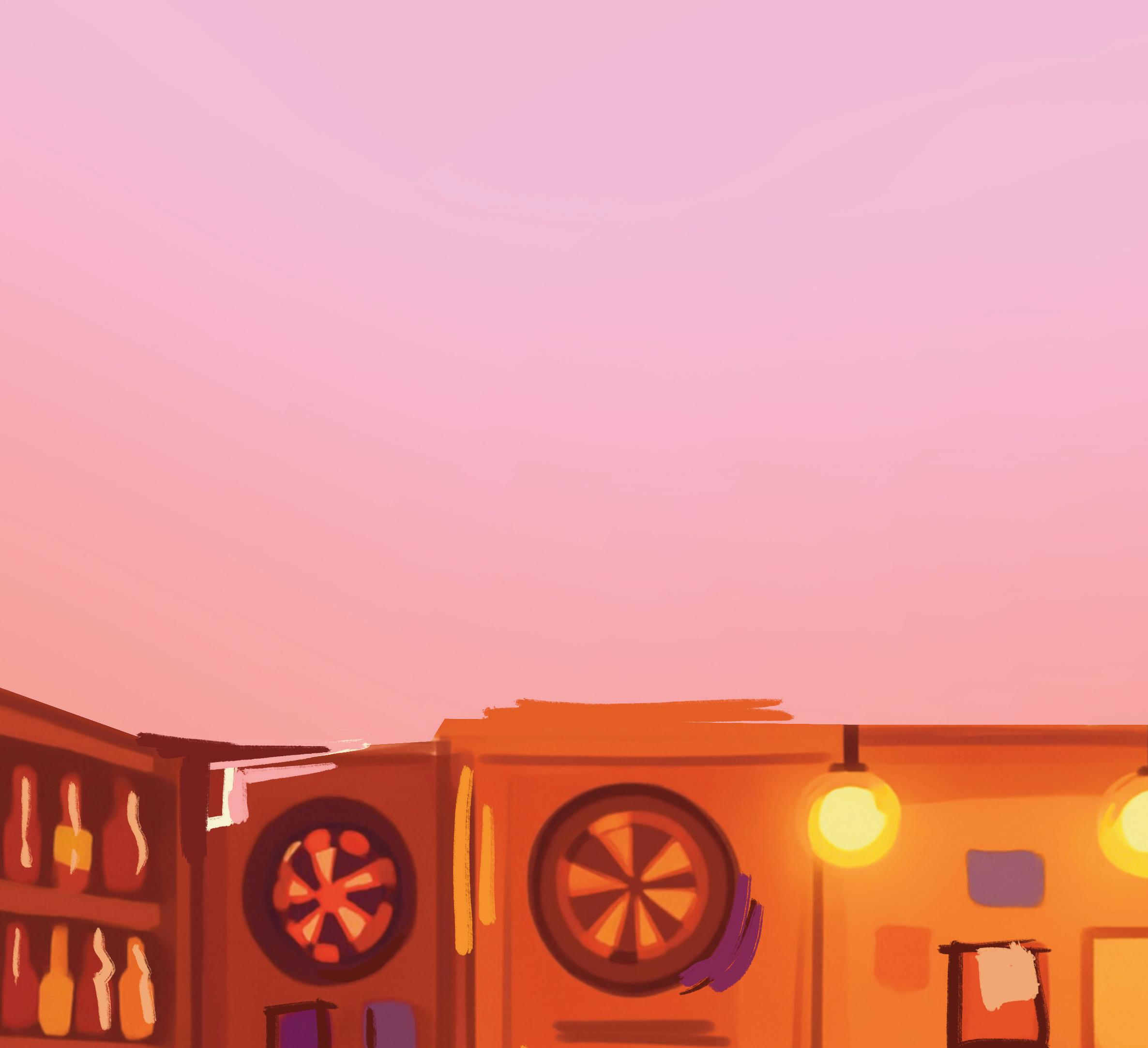
The Thursday quiz at Rope & Twine takes place in a smaller setting with only 11 tables available, meaning bookings are essential. Unlike some other quizzes, the night almost always starts on time at 7pm and wraps up shortly after 9. The host provides unique touches, such as immediate feedback on the Ponderous Puzzle. After each round, she reads out the incorrect answers submitted by other teams, helping participants avoid repeating them in the future. None of the other quiz venues offer this, making it a helpful and distinctive feature.
The food is generally good, with several vegetarian options such as wraps alongside the usual pub kai. A nice touch is that every team receives a free bowl of chips to share, something not offered at any other venues. The quiz also includes small perks, like a headsor-tails pre-quiz game with a free drink for the winner.
Competition is usually dominated by the veteran Mixed Bag team, though the quiet, focused atmosphere allows for strategic play and careful attention to detail. Prizes are $50 for first, $20 for second, and $10 for third, making the top spot a rewarding goal.
While the quiz is mainly attended by older, long-standing teams with almost no students in sight, the occasional presence of a student group brings a younger energy to the night. For beginners to quizzing, this event comes highly recommended. It provides a gentle introduction to the scene, especially for those who prefer to avoid the usual rowdiness of inner-city venues. Although the winnability is low, a diverse team with particular strengths in sports and games could certainly give Mixed Bag a run for their money. The two hours of quizzing can be intense at times,
particularly for new players, but the welcoming atmosphere makes it easier to stay engaged compared to larger, more intense venues.
Overall, Rope & Twine offers a cozy quiz night. And with a host who keeps things lively in subtle ways, solid food options, thoughtful perks, and the rare bonus of starting promptly, it’s ideal for those who enjoy a strategy-focused, intimate experience rather than a high-energy, crowded setting.
Aksha’s Rating: 9/10
The Moon’s Bar quiz runs on Thursdays, kicking off at 7pm, and tables typically need to be pre-booked due to the small venue. The quiz is run by the same person who writes the questions, which are read aloud to participants rather than displayed on screens. The format is more straightforward and compact than Believe It or Not! quizzes, usually consisting of five to six rounds and without ponderous or cryptics, keeping the pace quick and ideal for those who prefer a simpler, more grassroots quiz experience. For independent players, there may be opportunities to join an existing team, making it accessible even if you don’t have a keen friend group. This is the perfect quiz for anyone looking for a simple, focused, and no-frills Thursday evening of trivia.
Aksha’s Rating: 6/10
ADJØ has started hosting a quiz twice a month on Wednesdays, run by quizmaster Jamie Green. This quiz is independently written rather than through Believe It or Not!, giving it a distinct character. Seating is limited and first-come, first-served, so it pays to arrive early. The quiz begins at 7pm, (though the café suggests coming from 5:30pm), and usually finishes around 9pm. It follows a compact format of about six rounds with five or six questions each, and since there are no visuals, careful listening is key.
The atmosphere is cosy and welcoming, with an even mix of student and older teams. ADJØ is a café rather than a pub, so the setting is more relaxed. Teams swap and mark each other’s answers before handing them to Jamie to tally the final scores. Prizes aren’t the main draw here; the fun, competition, and lively community vibe are what make this one of Dunedin’s more intimate quiz nights, perfect for anyone looking for a friendly, relaxed, and community-focused midweek trivia experience.
Aksha’s Rating:7.5/10
Quizzing doesn’t stop when I leave the pub. In fact, those quizzes are just the beginning. Every morning kicks off with the New Zealand Herald’s quizzes: a 10-question general knowledge at 5am, followed by another at 3pm. To keep the sports brain cells firing, there’s the “Hat Trick” quiz with a mere three questions –just enough to make you question your intelligence if you miss one.
The Otago Daily Times quiz is my daily Everest: 12 questions focused heavily on Dunedin trivia. Geography, local history, even obscure street names; if you’re not from here, expect to stumble. Newsroom provides a 10-question test with more current affairs, a good palate cleanser for the brain. Stuff quizzes come in heavier doses: 15 questions each morning and afternoon, then on weekends, it ramps up to a 20-question “Weekender” on Saturdays and a 10-question current events roundup on Sundays. Lots of questions, lots of opportunities to feel smug or stupid, usually both in the same sitting.
For targeted practice, I turn to online quiz powerhouses. Geography? Seterra is the ultimate drill sergeant, testing everything from mountains and lakes to flags and capitals. Sporcle and JetPunk cover pretty much any topic you can think of, and they let you make your own quizzes, perfect for tricking friends or prepping to host. Lizard Point is another gem, focused on geography, art, world leaders, and politics, great for fine-tuning that slightly nerdy, “I know that random fact” edge.
Pro Tip: After a quiz, I review the topics we covered and note the questions we got wrong. Then I try to remember them and research the answers. It’s a great memory exercise, helps you strengthen weak areas, and actually learn things you didn’t know before.
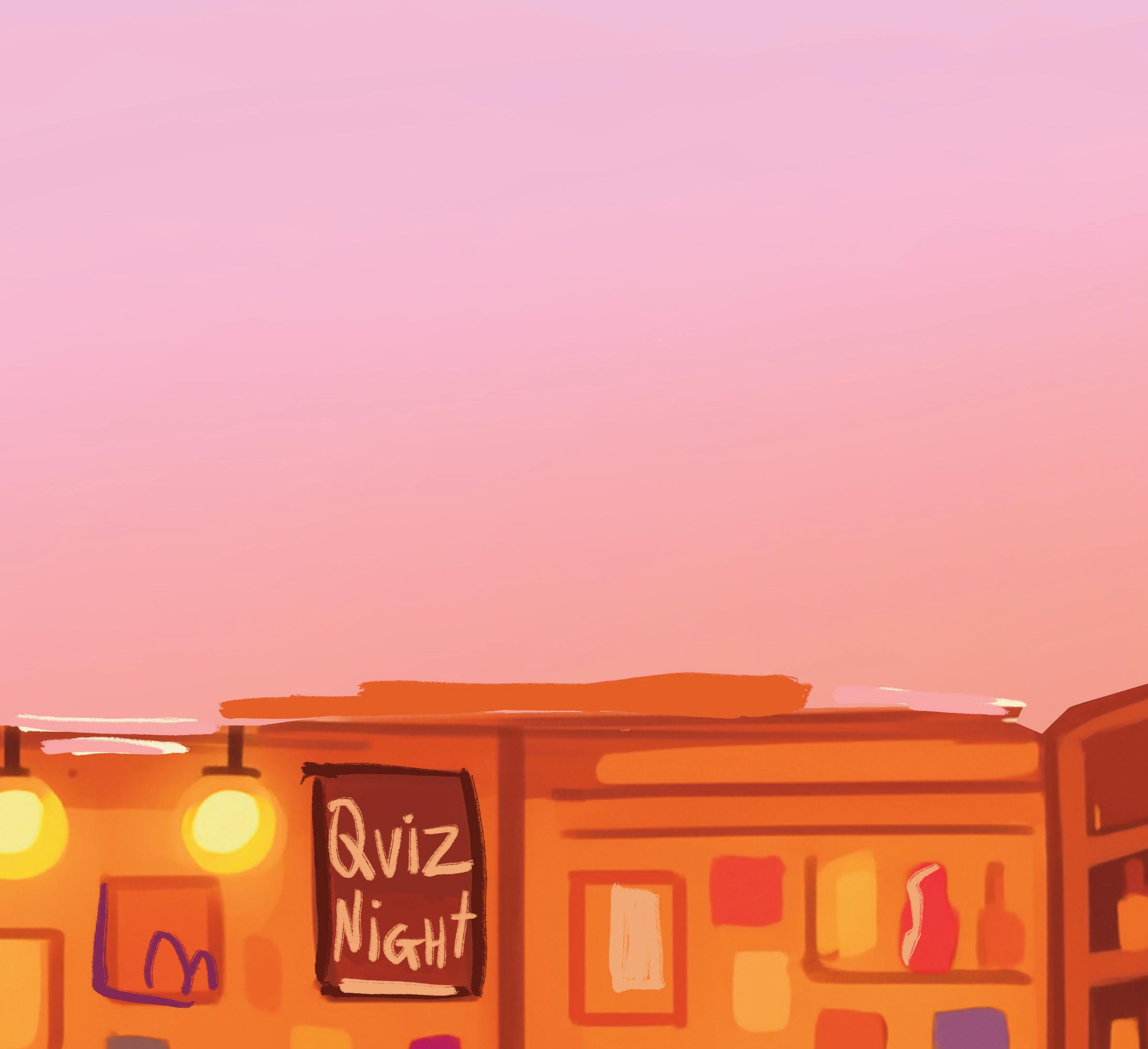
Bottom line: pub quizzes are the performance; daily online quizzes are the training camp. Keep at it, and you might just leave next Monday or Tuesday night feeling like a trivia demigod.
From high-energy, student-packed nights at the Bog; to strategyfocused, intimate evenings at Rope & Twine or the occasional quirky twist at Cableways or Moon’s Bar, Dunedin’s quiz circuit offers something for everyone. Whether you’re a beginner or a seasoned player, there’s a night and a venue to suit your style, schedule, and appetite for competition. Daily online quizzes and training keep your mind sharp, but the real thrill comes from live quizzing: the camaraderie, the laughter, the nail-biting rounds, and the occasional victory over a formidable team. So grab your friends, pick a night, and dive in. There’s no better way to test your knowledge, sharpen your skills, and enjoy the unique buzz of Ōtepoti’s pub quiz community. I hope I’ve shown you how to get hooked.
1. What is the name of New Zealand’s national sports museum located in Dunedin?
A: New Zealand Sports Hall of Fame
2. How many innings does a team have to play in a full game of softball?
A: 7
3. Where is the only mainland breeding colony of the Northern Royal Albatross located?
A: Otago Peninsula, Pukekura/Taiaroa Head
4. In which sport did Greg Louganis dominate the world?
A: Diving
5. Who has made the most test appearances for the All Blacks?
A: Sam Whitelock (153)
6. Who won NZ's first Olympic track & field gold medal?
A: Jack Lovelock
7. Which building is the most photographed in New Zealand?
A: Dunedin Railway Station
8. Dunedin is home to New Zealand's first authentic Chinese Garden. How many other such gardens exist outside China?
A: Two, one is in Portland, USA, and the other is in Vancouver, Canada.
9. Which iconic brewery in Dunedin was established in 1876?
A: Speight’s Brewery
10. Which famous street artist visited Dunedin and painted a unique Tuatara in Bath St?
A: ROA
1–3 correct: Breather – barely awake, like surviving a 9 am lecture after last night’s pub crawl.
4–6 correct: Half-Pint Hero – solid effort, like finishing a Speight’s without spilling a drop.
7–9 correct: Otago Scholar – brains fully engaged, like cramming in the library before exams.
10 correct: Full Pint Legend – total local legend, like conquering Baldwin Street and the Octagon in one night.
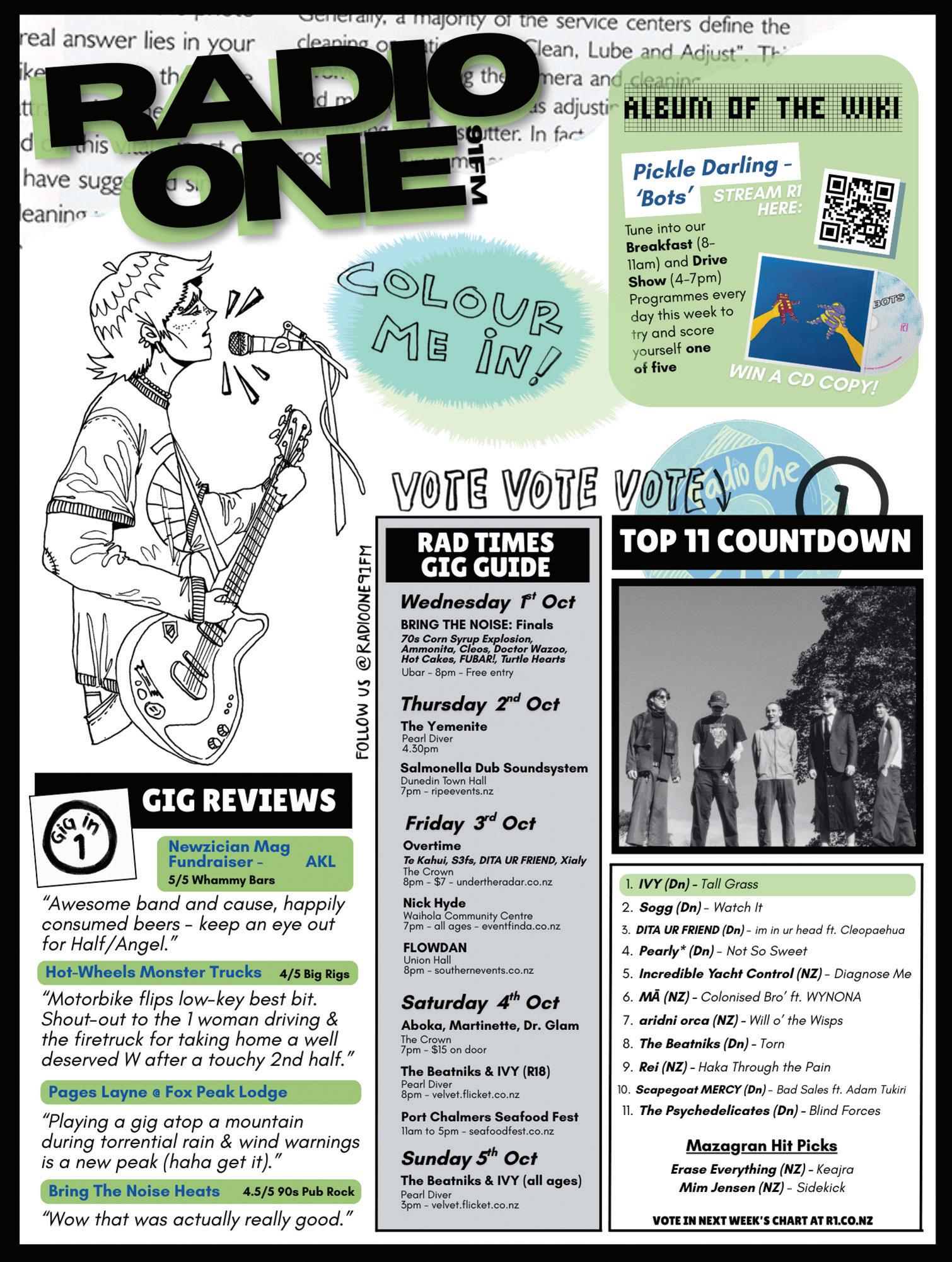
In case you haven’t heard, Ōtepoti alt-rock band IVY is boasting the release of their first album, Hush. The group formed in 2020 while still at school in Dunners, but quickly rose up the ranks of Dunedin’s music scene. The lads broke into the student music scene in 2023 performing at U-Bar’s Pint Night before paving their own path. Their sold out collaboration with the Dunedin Youth Orchestra was a momentous moment for the group's deserved success. The group is fronted by (singer-guitarist) Jesse Hanan and his angelic voice, who plays alongside (lead guitarist) James Axton, (violinist) Louis Stevenson, (bassist) Connor Cooper, and (drummer) Ocean Temple Wilson.
At the end of each IVY gig, the music dims down and the crowd erupts into murmurs, audience members all asking each other the same question: When are IVY going to hit it big? Critic posed Jesse and James this same question over a cup of coffee. James undeniably states that it is the band’s goal to “make it.” The two musos pondered over their definition of the term. Jesse thinks that it’s “living off the music, having a career where you can support yourself and having people who love your music.” James said that they only write music that they want to hear, “so if other people like it, then that's great. If it makes us blow up, then so be it.” IVY’s first single on Spotify was ‘Stranger’, a surf and alt rock blend, which has now become the band’s most streamed song. Critic asked why the anthem has been absent from the band’s setlist for the past year. Jesse said that he wrote the song when he was 15, originally as a piano-infused bar fight anthem. The group has since drifted away from their Ocean Alley roots and towards their Radiohead and Portishead era. James continued, “People can like what they like and all power to them […] But we're probably not gonna play it live. Like, we got better shit to play.”
Since Critic last interviewed IVY in 2023, the group has changed a lot sonically and conceptually. Jesse puts this down to a range of factors, the most obvious being age. As he bluntly puts it, “We’ve gotten older.” The band has also made a consolidated effort to sonically declutter their music. Jesse says that they have to think a lot more about how every instrument relates to each other. “It's trying to compose rather than just jam pack everything together.” This leaves the band with a tighter and more stripped back approach.
Jesse calls their recent album a “personal anecdote of our youthful lives.” Many of the songs have been in the works for years. ‘Colours
in the Sky’ is the oldest song on the album, originally written in the final months of 2021, while newer songs like ‘Loon’, ‘Invasion’, and ‘Tall Grass’ were all written last year.
The pair blame the drawn out release on their everlasting pursuit for perfection – as well as being broke as fuck. The album was entirely self-funded, meaning they had to gig until they had enough money to mix and record. Jesse wanted the album to be as polished as possible before release because the album is “gonna be out for ever, ya know.” As much as they tried, James still can’t say that they reached perfection: “It's impossible.” But he added that “the little blemishes make it more interesting.”
IVY is ready to kick off their tour across the motu alongside local rockers, The Beatniks. Beyond their three shows at Pearl Diver this weekend, the bands will be heading to Pōneke, Tāmaki Makarau, and Ōtautahi this October. Jesse equates the feeling of going on tour to the montage sequence in Pixar’s Cars when Lightning McQueen travels to California to the soundtrack of Rascal Flatts’ ‘Life is a Highway’. James gleefully noted that the “novelty hasn’t worn off yet”. The guitarist reminisced about the time in high school when he told Jesse, “The day we got on a plane as a band, we've made it [...] now we've done that twice this year. We haven't made it but it's pretty good.”
While talking about their recently released album, Hush, the two muso’s couldn’t help but get excited for their next release. James said there were a lot of songs that had been written intentionally for Hush that didn't end up making the final cut, either because they weren’t finished in time, or just didn’t fit the vibe. Jesse said many of these tracks will be “reworked,” either as full songs, or expansions of the ideas.
The two also hinted at the idea of a live album based on the recordings made at their orchestrated gig at Errick’s. Jesse said that he just heard the first mix of one of the songs “and it sounds incredible.” Given the band’s relentless pursuit of perfection, a release like this is unlikely to surface anytime soon. So no need to set up camp just yet; the wait won’t be over anytime soon (but it’ll be worth it).
For your next walk into campus, give IVY’s album Hush a listen. Available on all streaming services.

ByJonathanMcCabe
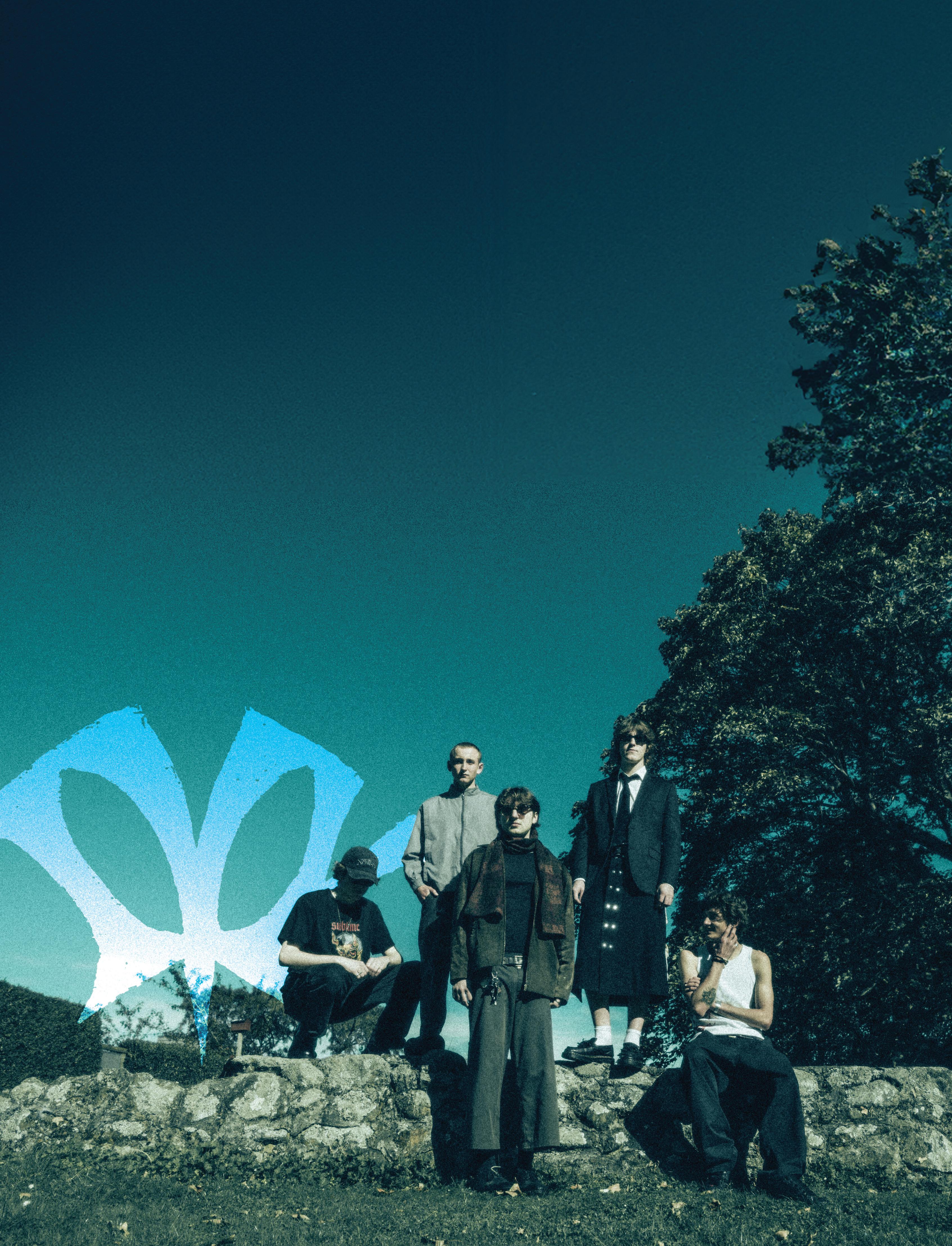

Everyone has one type of alcohol that induces an experience so vile they simply cannot look at the drink again. Mine is gin. Whenever I think of it, I think of that time I drank enough pink gin to put me gently to sleep on a friend’s bathroom floor. But regardless, it was Saturday and I wanted an excuse to 1) day drink; and 2) leave North Dunedin. Sandymount Distillery gin tasting it was.
Telling a family-friend about the tasting, I managed to start off the day with an explanation of the gin industry so detailed that it added 0.25 EFTS to my StudyLink account. Blanking out for the most-part, the moral of the story (I think) was that gin is cheap to make and the turnaround is only three months. Essentially, people make gin to get a distillery off the ground before turning to making a straight that actually tastes good. This was finished with a lesson for homebrewers: if you make your own gin at home you can (allegedly) avoid blindness by filtering your prison gin through a loaf of shit white bread.
Okonomiyaki is a Japanese street food that fits the taste and budget of student life! A savoury pancake chock full of cabbage, noodles, and other goodies, this recipe is easy to whip up on a weeknight. If you don’t need to cook for a crowd, the mixture is also good in the fridge overnight for the next day. Serve with an array of toppings, and customise by adding in other vegetables, or a protein of your choice.
4 eggs
2 bundles of fine egg noodles (cooked according to packet instructions and drained)
2 tsp sesame oil
3 tsp soy sauce
½ medium green cabbage (finely sliced)
1 red onion (finely sliced)
1 medium carrot (finely sliced into match sticks, or using a peeler to create ribbons)
2 Tbsp corn flour Salt
I use the Jade Phoenix brand from Paknsave but any thin noodles would work here!
By Ruby Hudson
Kewpie mayo & Sriracha (to serve) make sure to get roasted & unsalted
Step 1. In a large bowl, beat the eggs, sesame oil, and soy sauce together until combined.
Step 2. Add in the sliced cabbage, red onion, carrot, and noodles, then sprinkle over the cornflour. Add a pinch of
The tasting began with your standard tour/tasting dickmeasuring contest. The people leading the tasting pretended we cared about the temperature the botanicals and aromatics put into the gin are heated to, and I pretended to be interested in anything other than drinking. Here’s a layman’s understanding of their unique gins.
Chapter Four: Chapter Four is all about revisiting memories of growing up on the water and fishing in the harbour. Memories like the smell of low tide. This gin is flavoured with seaweed, and if there is one thing it does well, is taste like the ocean. I don’t particularly like the taste of salt water.
Lovers Light: Lovers Light is the first mid-strength gin in NZ, although not technically called a gin. It appeals to those who like gin but don’t drink gin to get drunk, which is about six people. Tastes like cucumber.
Winter Gin: Winter Gin took the recipe for mulled wine and applied it to gin on an industrial scale, while substituting warmth for the burning sensation it gives while going down. Surprisingly good.
Tī Kōuka Forest Gin: The niche of this gin is that it showcases native botanicals such as Harakeke, Tī Kōuka bark, and Kawakawa. I don’t know what any of those taste like individually, but the gins are not bad. Plus, Sandymount Distillery is certified carbon positive, and plants all of the natives around their property, which for some reason really pisses off boomers on Facebook. Almost as much as putting a crossing in on Albany Street, actually.
LadyBird Navy Strength: “This one’s fucked.” Tasting notes of ethanol. 54.5% though.
Taste Rating: 8/10. Gin grew on me.
Additional Use: Making your house smell like the elderly
Hangoverness: Filtering my liver through white bread
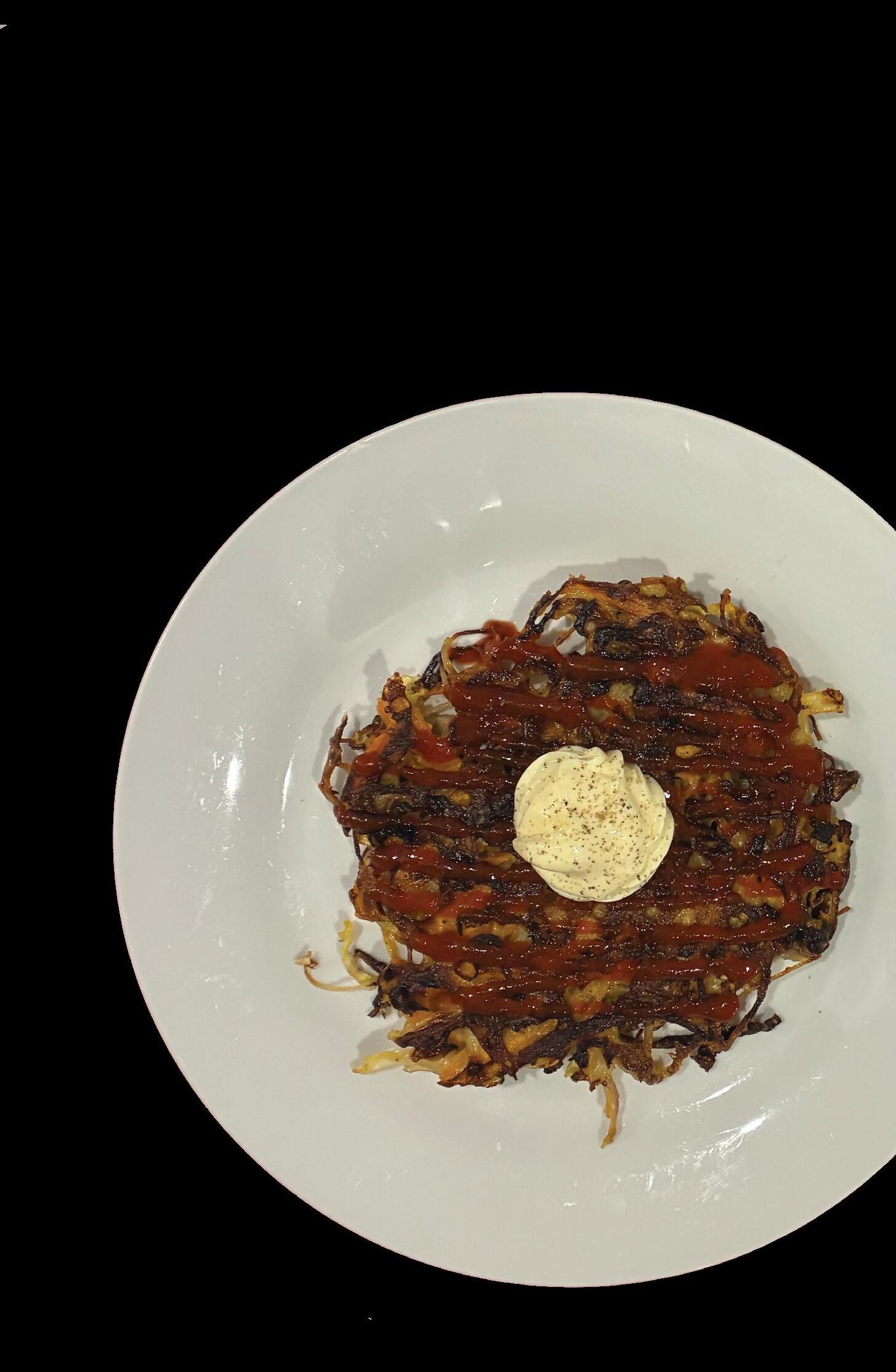
To not care about politics at all basically means that you have to not care about the destruction of the environment, the cost of living, and the eroding rights of women, queer and racialised people. Basically it’d be like selecting for people who are both out of touch and don’t go outside. When the rights of workers and minority groups are under attack, it is an immense privilege to be able to be “uninterested in politics”.
And do they really not care about politics? Because often the supposedly enlightened centrists of the world are also the ones who seem to be very much against other people caring about politics. Political apathy is just a political position in favour of the status quo – a status quo that is driven by exploitation and driving towards the climate apocalypse.
Let’s face it, you don’t want to go on a date with someone whose personality amounts to “I have no strong feelings one way or the other”. If they can’t even care about their own wages, living conditions and rights, then how the heck are you supposed to believe that they’ll care about you? The irony-stricken outlook is so 2010s, we need to move on. When the alternative is someone who is passionate, energetic and organised, someone who you could have a post-protest pint with and someone who has your back, why would you choose someone who doesn’t care about anything at all?
This isn’t to say that everyone has to burn themselves out relentlessly watching Parliament and keeping up to date with all of the latest atrocities. It just means that, frankly, in order to be an interesting person you should probably care about at least something and hopefully care enough to do something about it.
Some of the most delightful people I’ve met take no interest in politics, because the reality is plain and simple: not everything has to be political. And there’s a big difference between being aware of politics and taking an interest. It’s virtually impossible to avoid politics in a sphere of violence and changing legislation, but to think that it's a red flag for someone to not take an active interest says a lot more about your own political stance.

You’d think in such an interconnected global society, we’d be a bit more open to others' beliefs and opinions, but these echo chambers we’re placed in algorithmically by elitist billionaires only cause more divide. Our reality is shaped by the media we consume (in one way or another) and when you step back, who's to say the way you see and understand politics is the correct way?
It's human nature to take another's conflicting opinions as a personal attack, and likewise just because someone doesn’t have a particular opinion doesn’t mean they love climate change and hate women's rights. That’s absurd.
It’s good to stay grounded, and being around someone who isn’t interested in politics is a great opportunity for a reality check, because politics aren’t black and white. Sometimes it’s impossible to develop a strong opinion, and writing someone off because of the fact is petty, and shallow. It’s the people who are so stubborn in their political stances that drive others to take no stance because of the social consequences.
Last year, I made out with a guy in town I’d never met before. I thought it was a random, throwaway moment – until he tried to follow me home. Romantic? Creepy? The jury’s still out.
Turns out he was in my cohort. Not only that, he was in all my labs.
One day we were partnered for a presentation together for class. After the presentation, he unadded me on everything. I probably turned him off with how slow and fried I am.
Later, I tried re-adding him (yes, I was drunk – yes, I own that). He responded by blocking me!
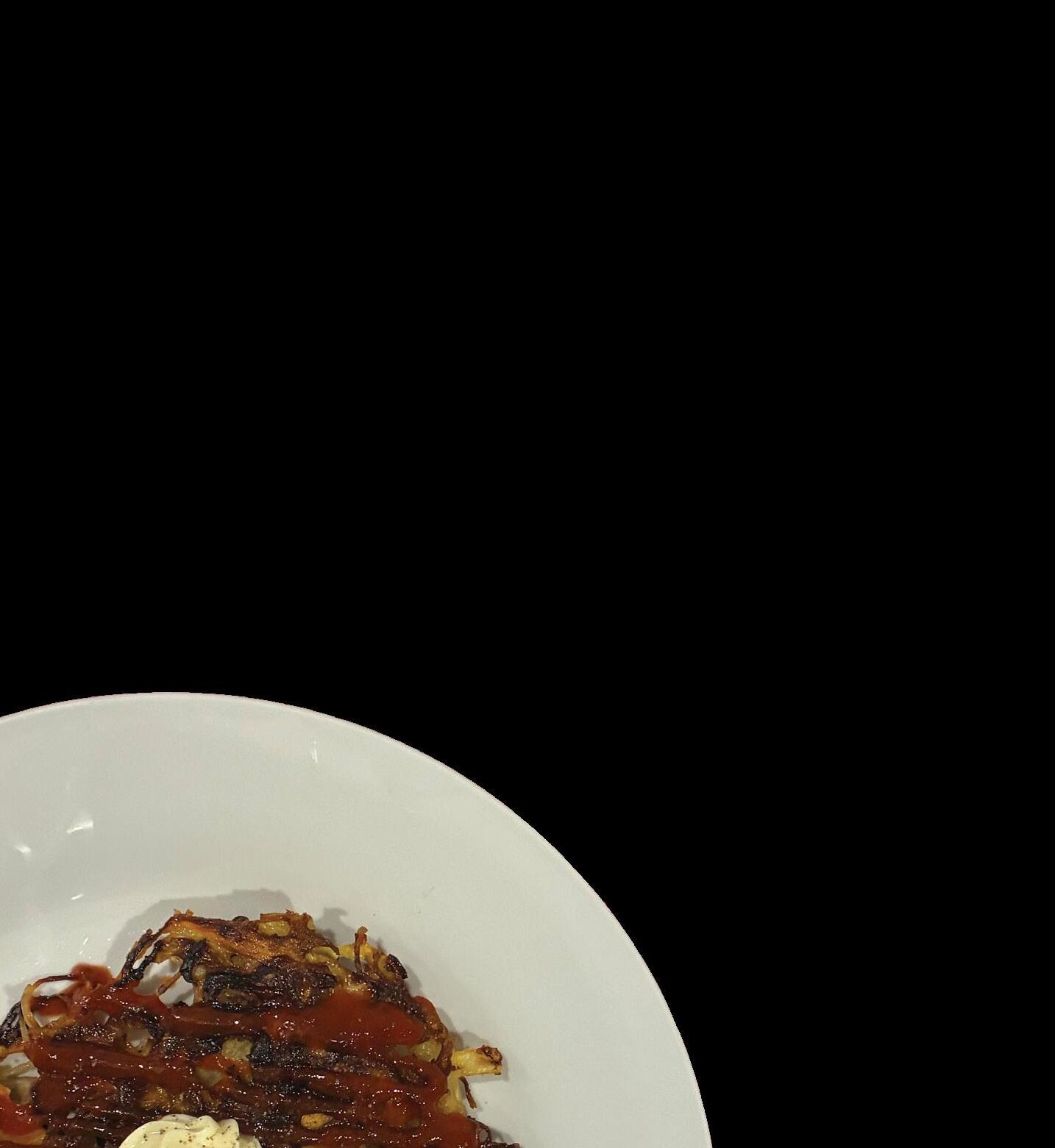
This year, post-block, I went home with him. Twice. Same guy. Still blocked. Still sitting across from me in tutorials like we didn’t skip small talk and go straight to blackout intimacy. The kicker? He initiated it both times.
The first time we hooked up, I had an existential sulk before I got cracked, because he casually told me he had more bodies than me. (What did I expect? Celibate king?)
Second time? Even more jail. It was after a night out – in the same club we first met – full circle vibes. We went back to mine and, while he was literally inside me, I decided that was the ideal time to confront him about making out with another girl earlier that night. Spoiler: no orgasm was had. From me, anyway.
He did stay the night this time. Progress? You’d think. Until the next morning, when we were spooning and he reached for my hand. Instead of a sweet gesture, he guided it down his pants and made me wank him before I even got a “good morning”. Just off vibes and unsolicited morning hand jobs. Oh, and did I mention he still has me blocked on everything? This man has been in my bed (twice), in my lab group (weekly), and in my head (rent-free), but apparently unblocking me on Instagram is a bridge too far.
The audacity. The commitment to ghosting. The Olympiclevel emotional detachment.
On top of that I still have to see him everyday for class. All that’s left now is to send him a drunk Outlook email.

HAVE SOMETHING JUICY TO TELL US? SEND YOUR



This month you have felt like ‘a plastic bag, drifting through the wind’ and that is more than okay. Sometimes people just don't feel grounded, and that little voice in your head telling you “we live on a floating rock, nothing matters” really does not help.
Your 2010’s cultural moment: Lady Gaga’s meat dress
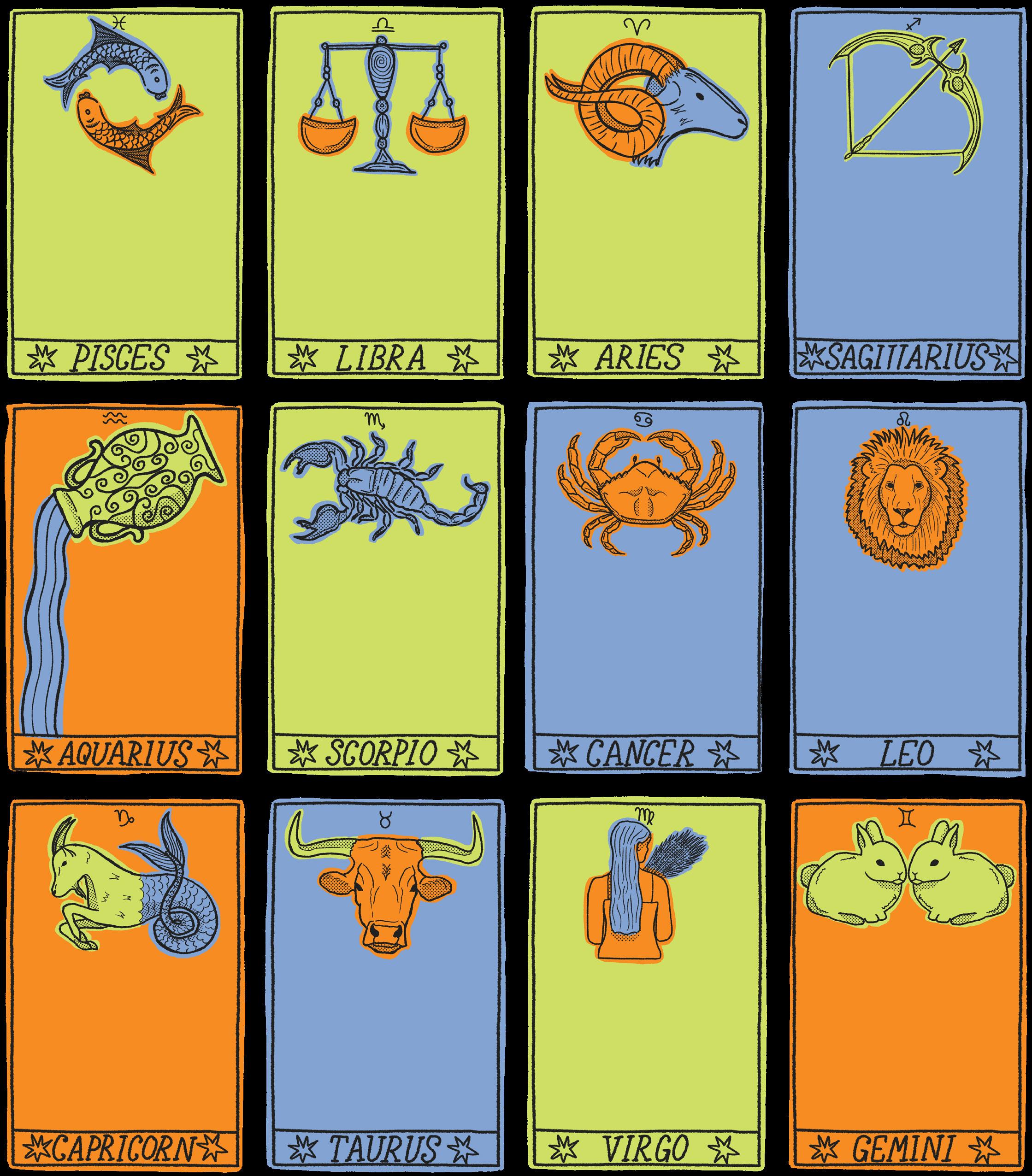
Your vision for the future is becoming clearer and clearer with every day that passes. You’re a little bit eccentric and value your independence, so if people don’t agree with your thoughts at first, just know that they will see you thriving soon, and be jealous as fuck.
Your 2010’s cultural moment: The Ice Bucket Challenge
You have been really good at seeing the beauty in things lately. Whether it is a ray of sun highlighting a door or pretty flowers, you never see the shadows or rotting roots. This is great for you but it pisses everyone else off, so try keeping that smirk off your face.
Your 2010’s cultural moment: ‘Fifty Shades of Grey’ being published
Aries, you are striving to achieve your goals. This week you will hit a road block and have to pivot, but don't feel disheartened. This just takes you closer to the road you are meant to take. The path with least resistance feels like the right one, but don't just go down it because it is easier.
Your 2010’s cultural moment: ‘Bye Sister’
You have been seeking the meaning of life for a while now, even if you don't notice it. Your thirst for knowledge and a ‘deeper’ understanding of everything will grow stronger. Make sure you don’t freak the fuck out if you realise that there is nothing to know but knowing how you want to live.
Your 2010’s cultural moment: Kim K’s ‘Paper Magazine’ cover
You are known as the mysterious friend of the group. Your aura is even stronger this week, so try to use it to meet people. These strangers usually feel very comfortable with you and will pour their hearts out on the first meeting. Lord knows you love gossip.
Your 2010’s cultural moment: White and Gold or Blue and Black?
As an empath to the max, you have noticed your Aquarius friends are feeling a little bit unstable right now. Give them a little bit more support than usual, this will reward you immensely in the future. Remember, you reap what you sow, therefore be sure to sow kindness and love.
Your 2010’s cultural moment: Leonardo DiCaprio winning his first Oscar
Your confidence is starting to dwindle, and you should let it. Those around you are a little sick of the passion that seems to shine through everything you do. It's okay to embrace your sadness every once in a while, just don't go drowning in it.
Your 2010’s cultural moment: ‘Queer Eye’ reboot
You are an ambitious creature by nature. Recently a big decision has been made for you. Whether you are happy with the result is neither here nor there, just make sure that you know deep down that it is for the best. The universe will never steer you wrong, Capricorn.
Your 2010’s cultural moment: Poot Lovato
In the past, you have been the person making sure that those around you feel loved, supported, and grounded. Now do that for yourself. Take some time out of every week to ensure that you feel happy, and aren't just putting on a facade to appease those who care for you.
Your 2010’s cultural moment: Brangelina split
There is a difference between being a bad bitch and wanting to scrap everyone in sight. You probably need to see a therapist. Try crowd funding amongst your classes and the Pint Night crowd, I'm sure they would be happy to lend a dollar or two.
Your 2010’s cultural moment: ‘Crazy Rich Asians’ (AKA best plane movie) premieres
Ever heard of a chill pill? Try popping the whole bottle.
Your 2010’s cultural moment: Beyoncé’s VMA’s pregnancy announcement

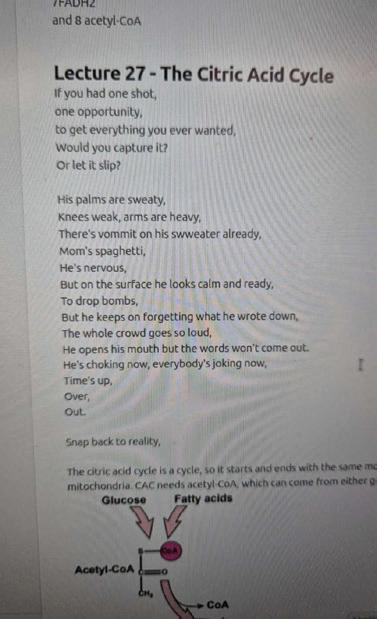
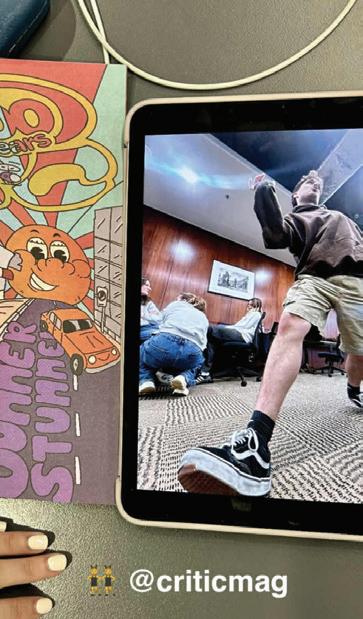
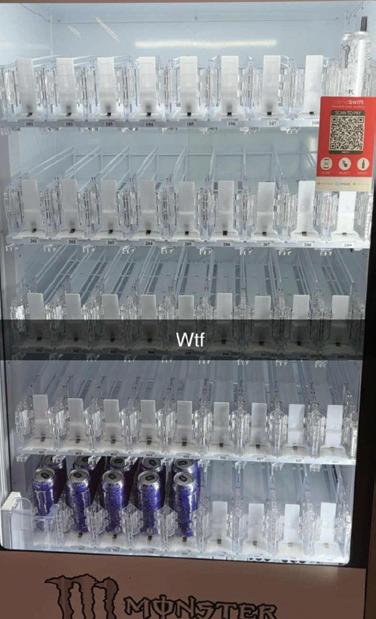

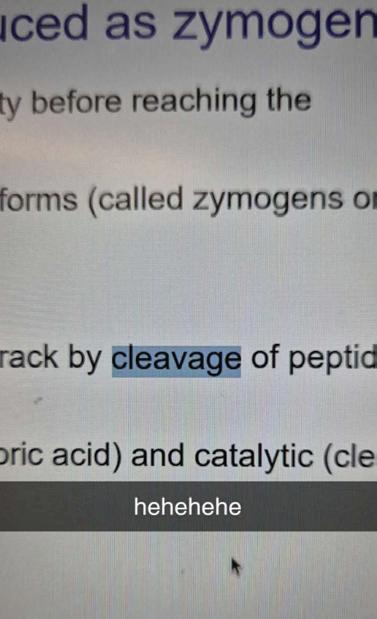


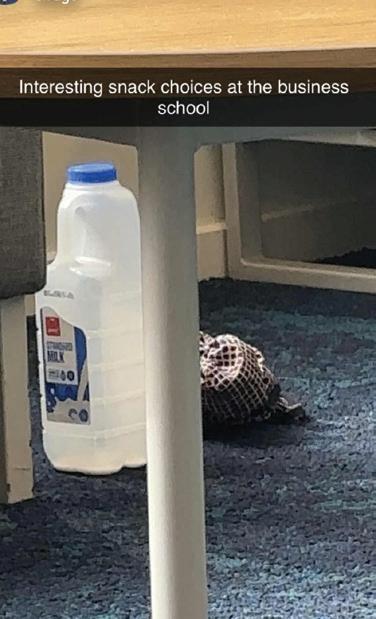
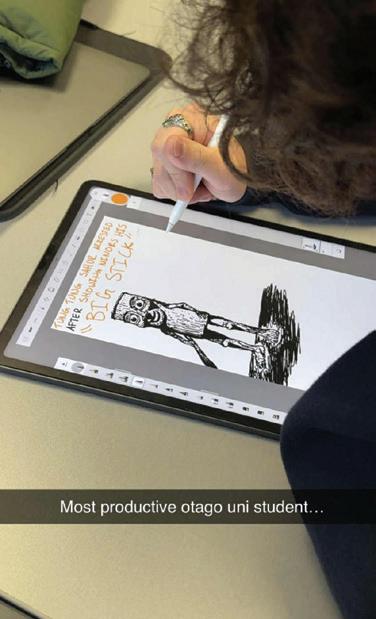
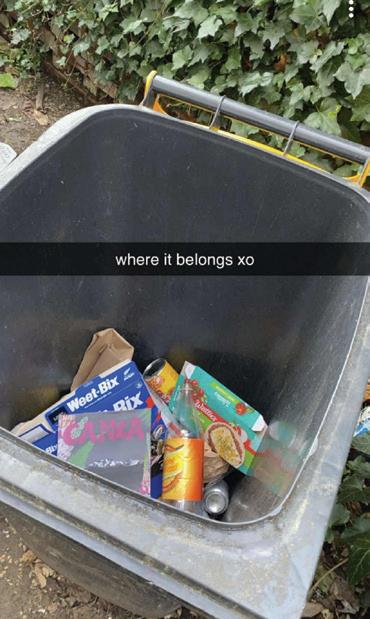
As the end of the year rapidly approaches (probably sooner than most of us with exams and assignment deadlines would like), club activity has begun to die down. What with last-minute events, eleventh-hour constitutional amendments, and AGMs that take way too long, no doubt that handover can’t come soon enough.
To all the club executives, I just want to take a second to say: thank you so, so much. So many clubs are forged with the blood, sweat, and tears of a few tireless people. The work is often hard, usually boring, and always thankless. But nothing worth doing is easy –you guys are what makes the (club) world go around.
I have always felt in my heart of hearts that clubs are the best part of life here. I’ve loved working with such passionate people dedicated to creating inclusive, safe communities, where students can actually just have some goddamn fun. And I’ve loved seeing you all do genuinely amazing things in those communities. I sincerely hope that you can look back at everything you’ve achieved and feel proud that you’ve contributed to the wonderful student experience we are so lucky to have.
Finally, to everyone who hasn’t tried out a club yet: what are you waiting for? University is the time to throw stuff at the wall and see what sticks. Stop watching those motivational TikToks telling you to touch grass; get out and join the touching-grass club. Okay, we don’t have one of those (yet) but we do have 160+ other clubs. One of them might just change your life.
Deborah Huang Clubs and Socs Rep
